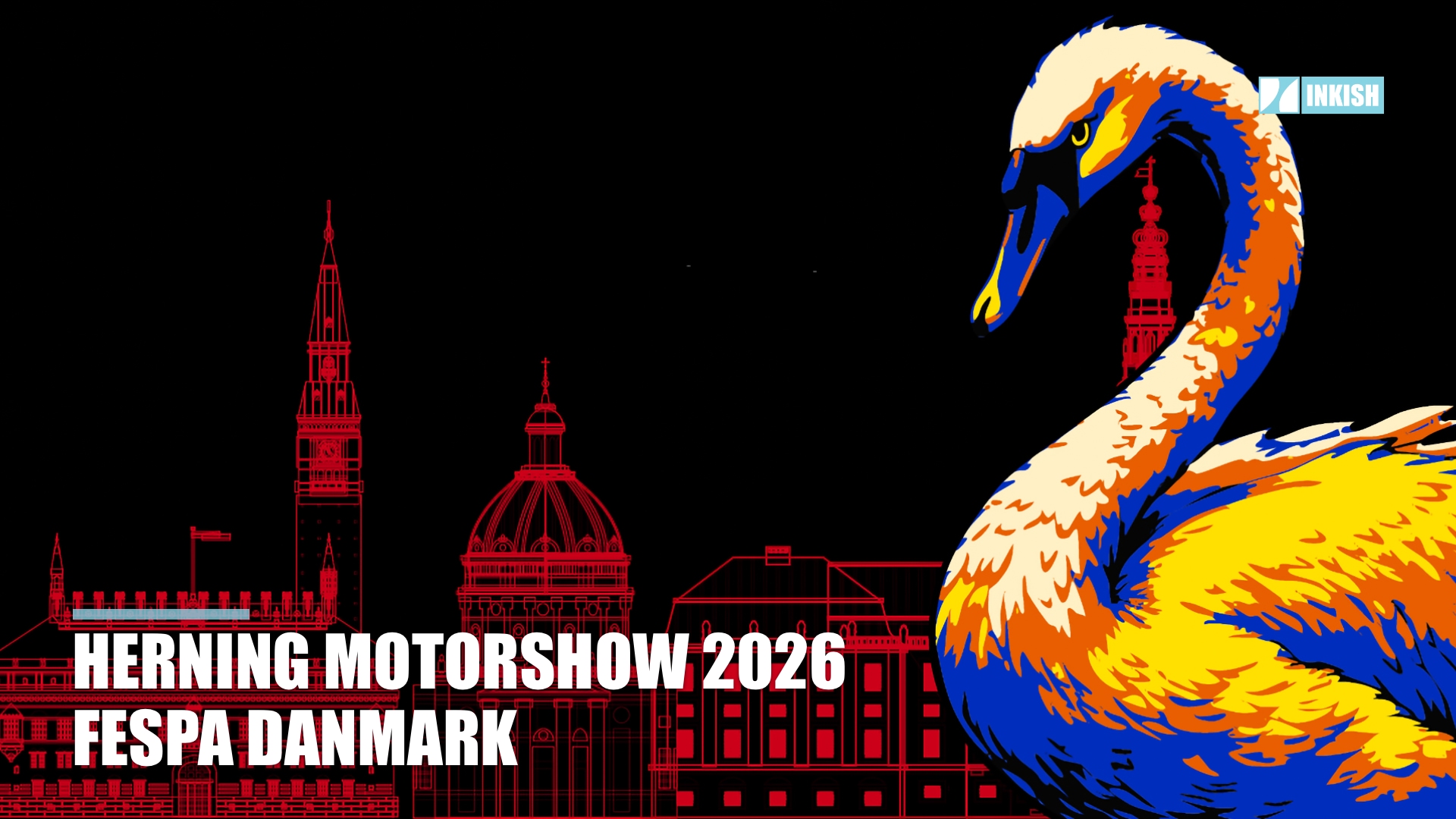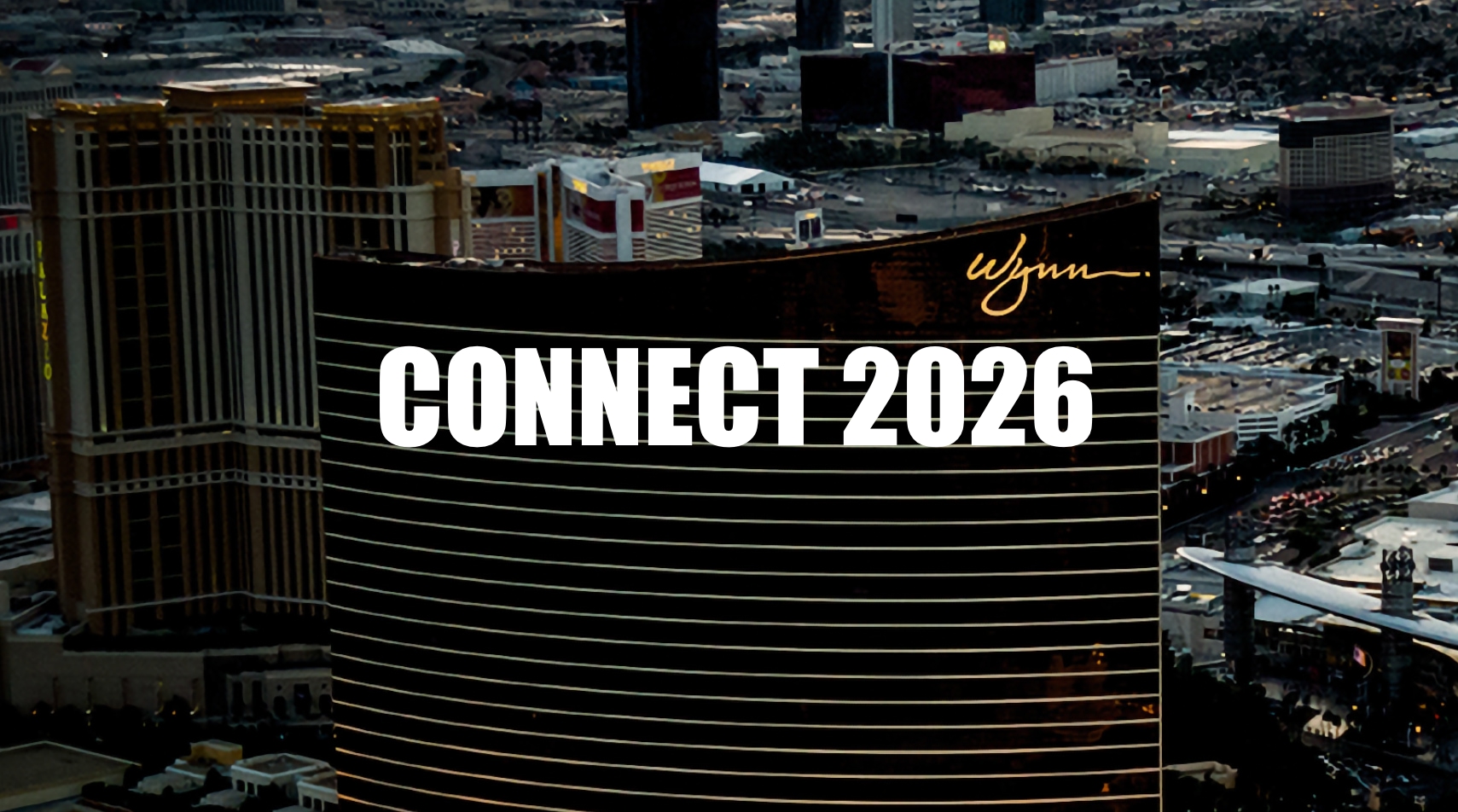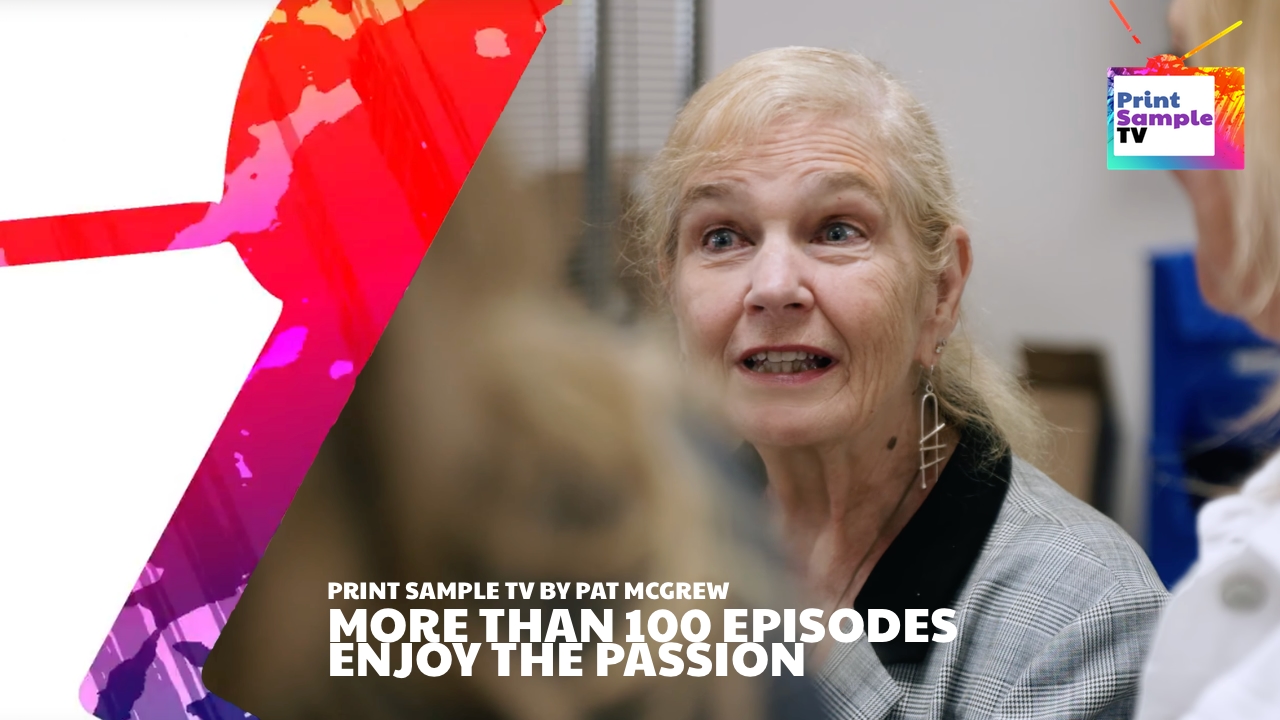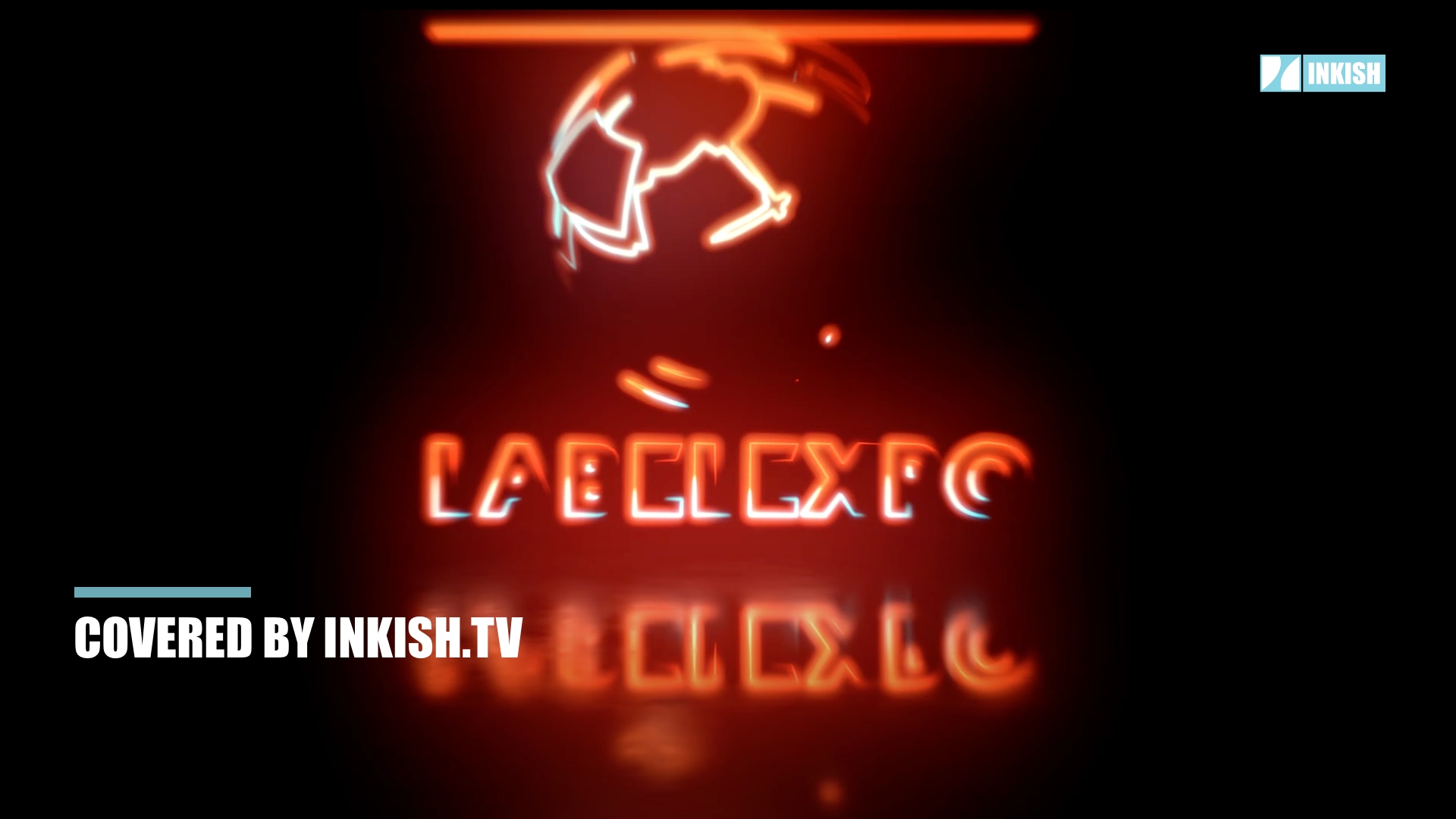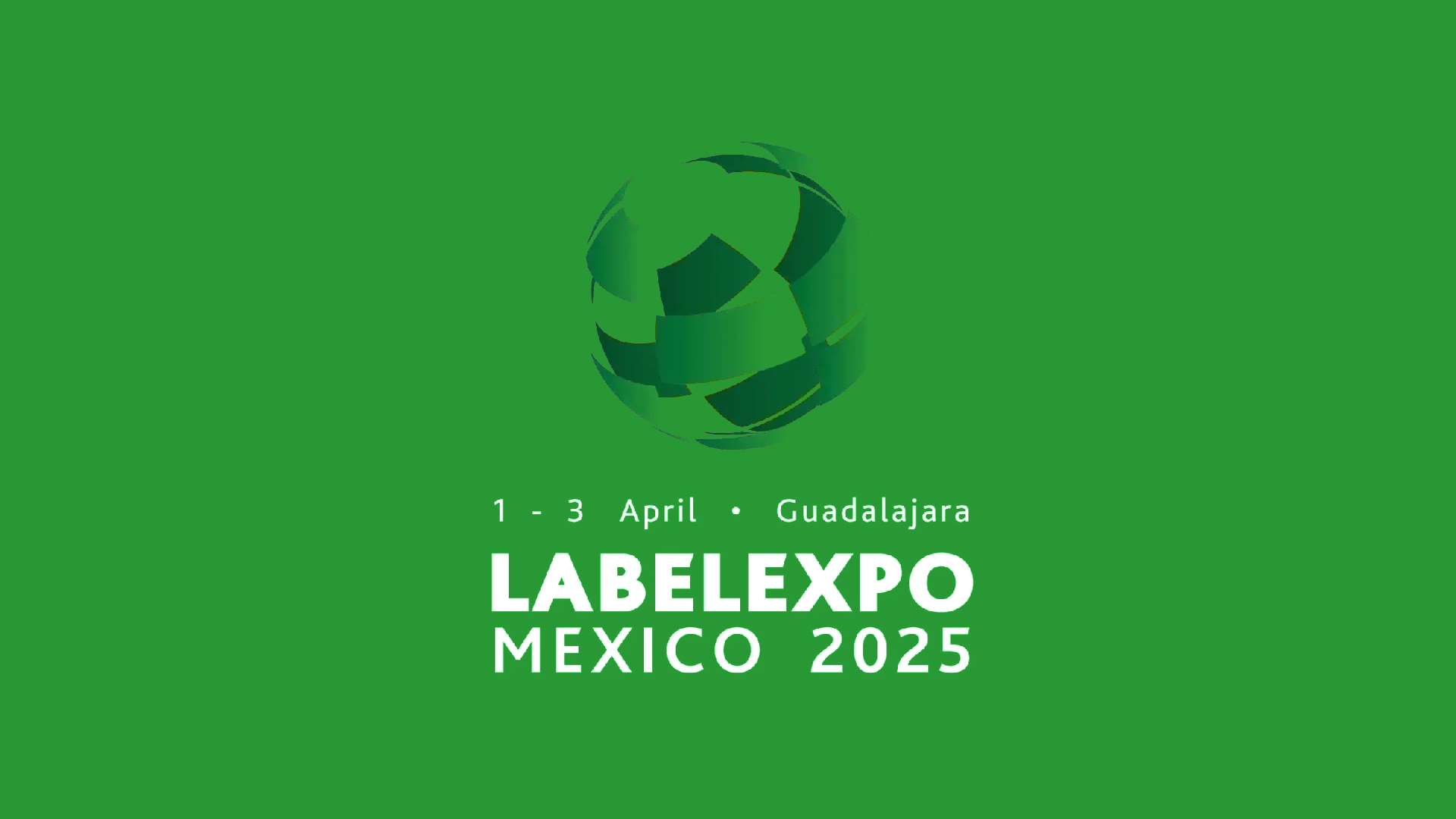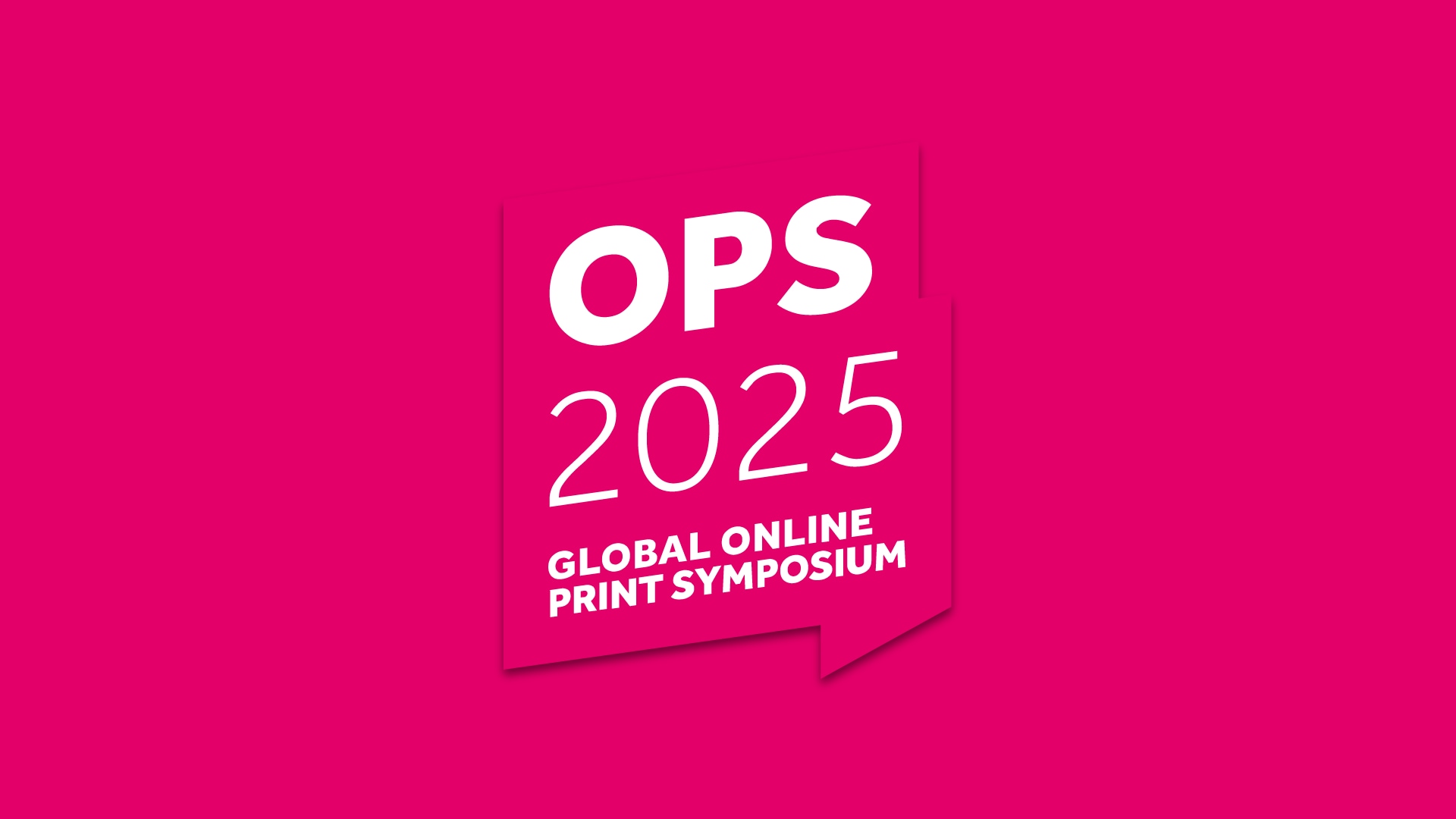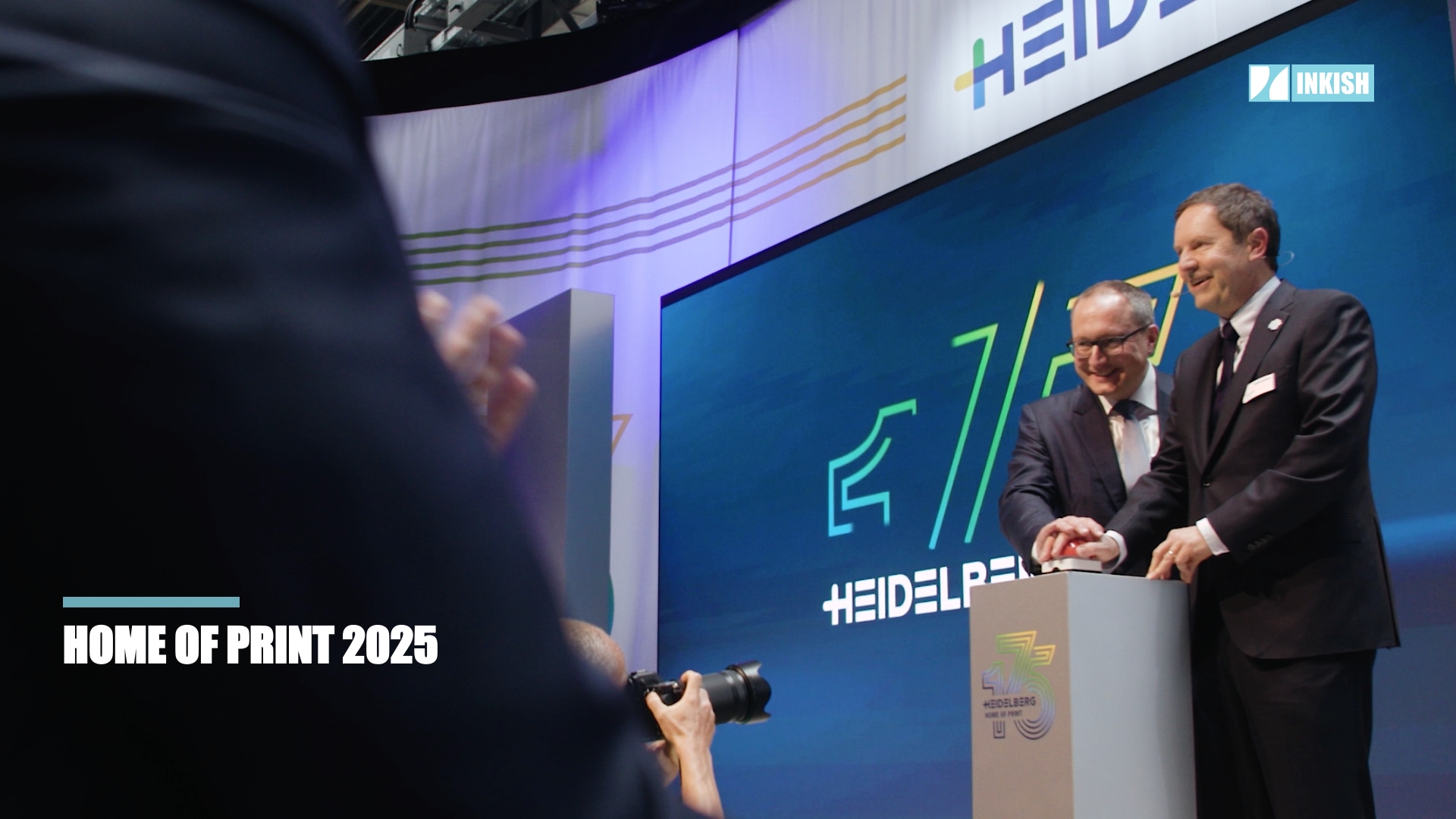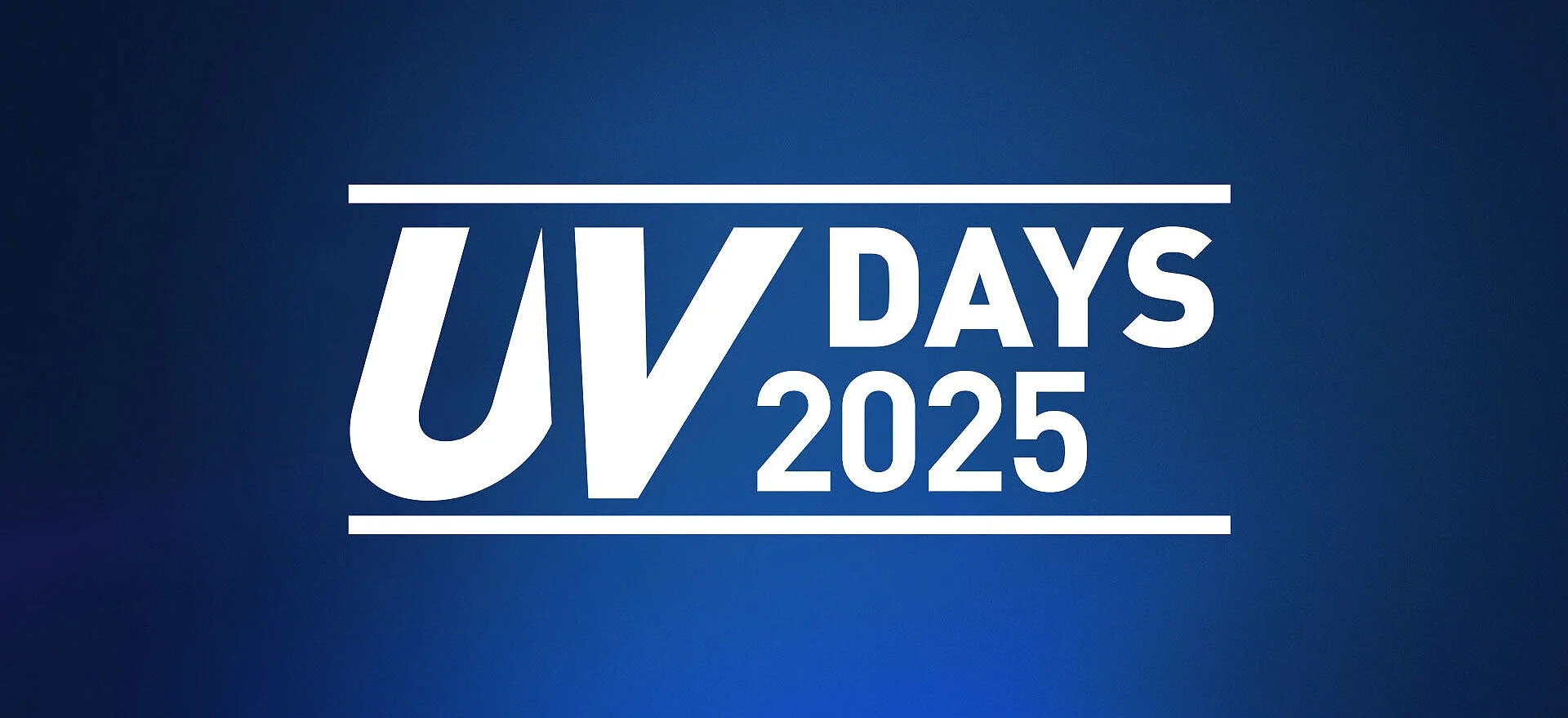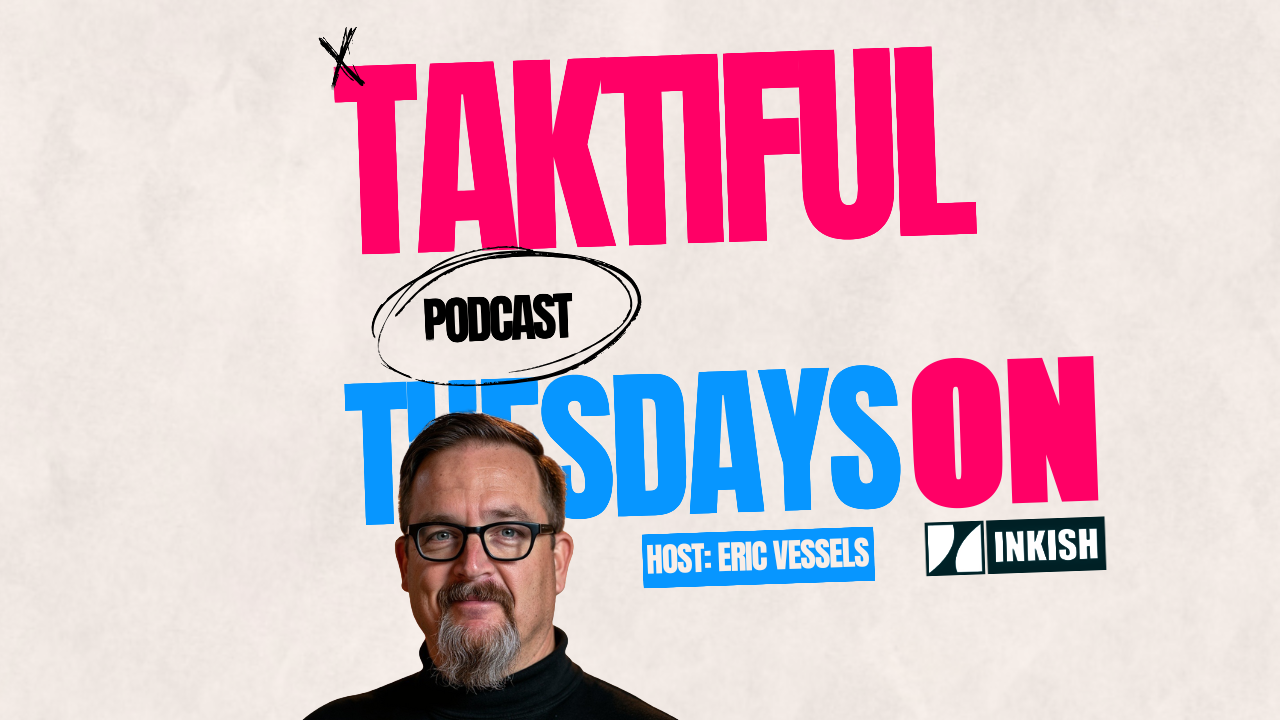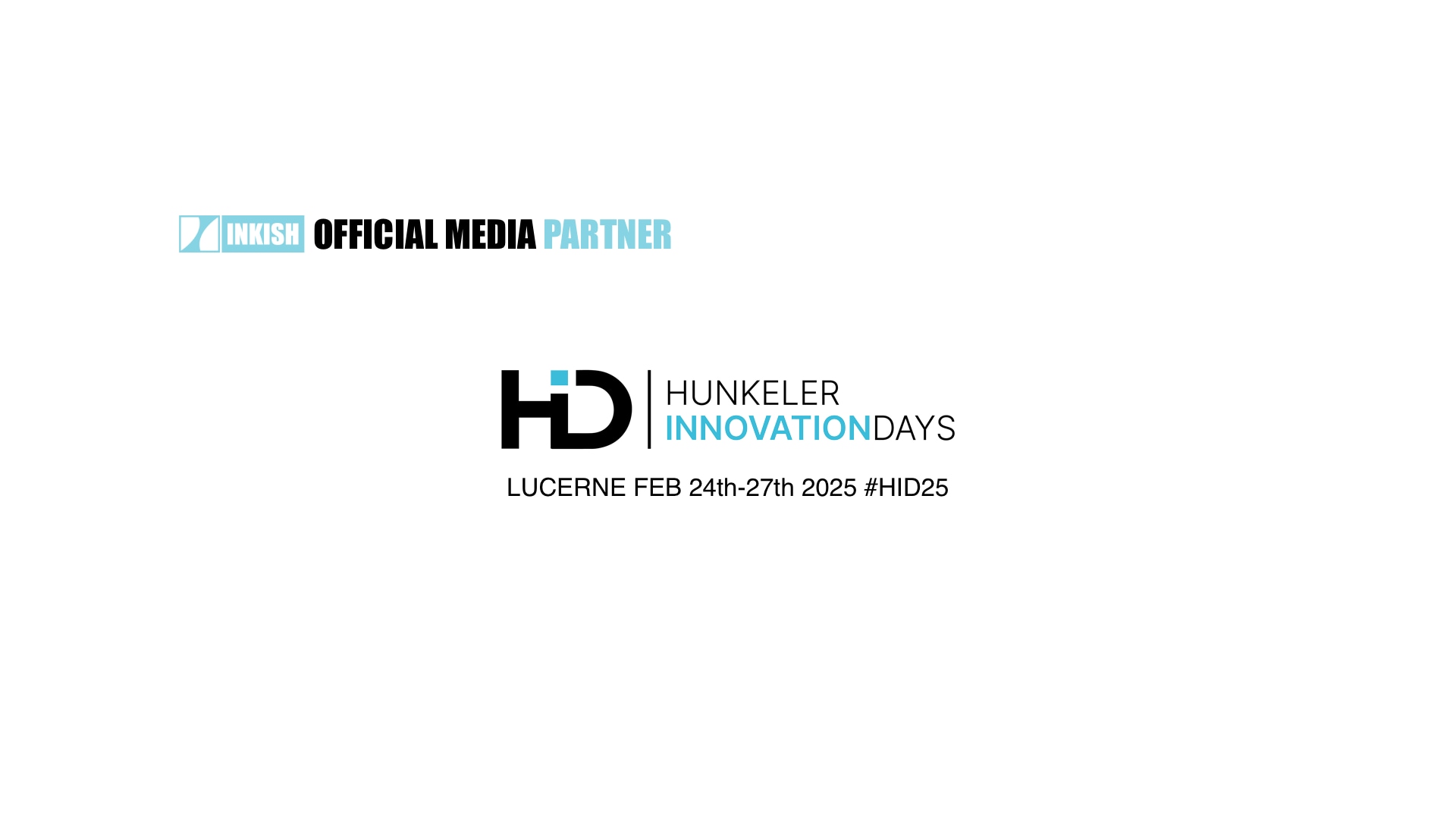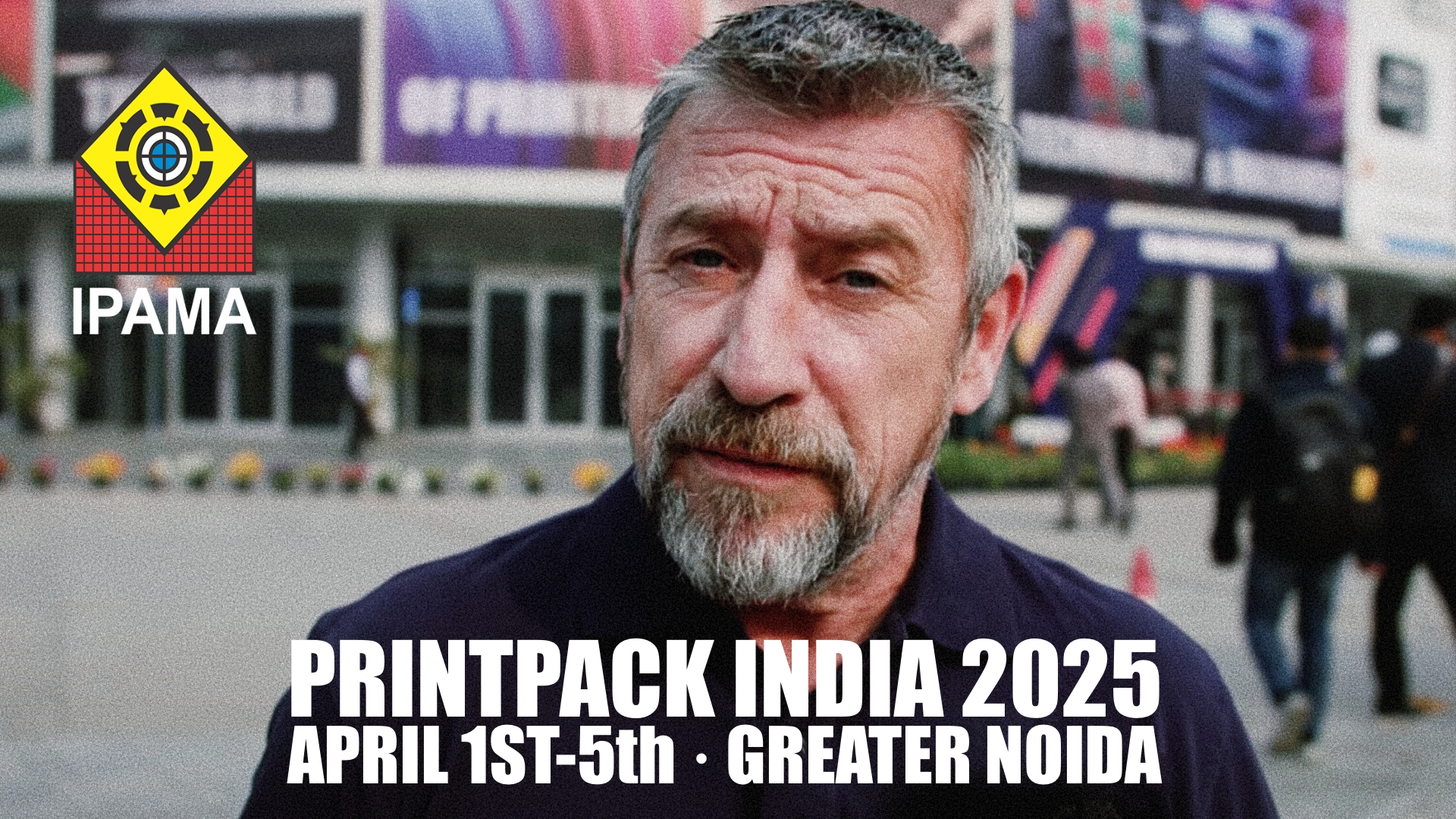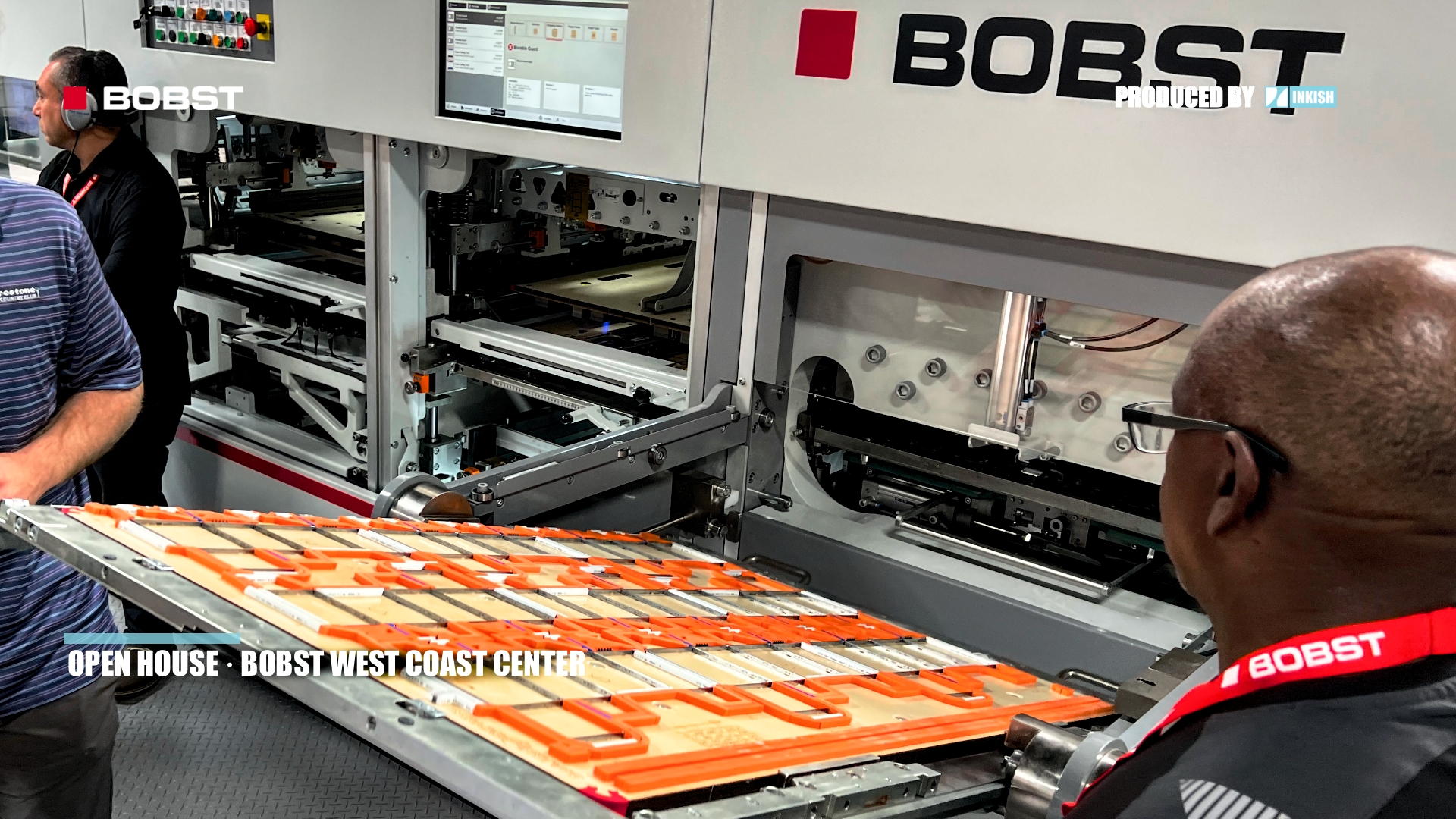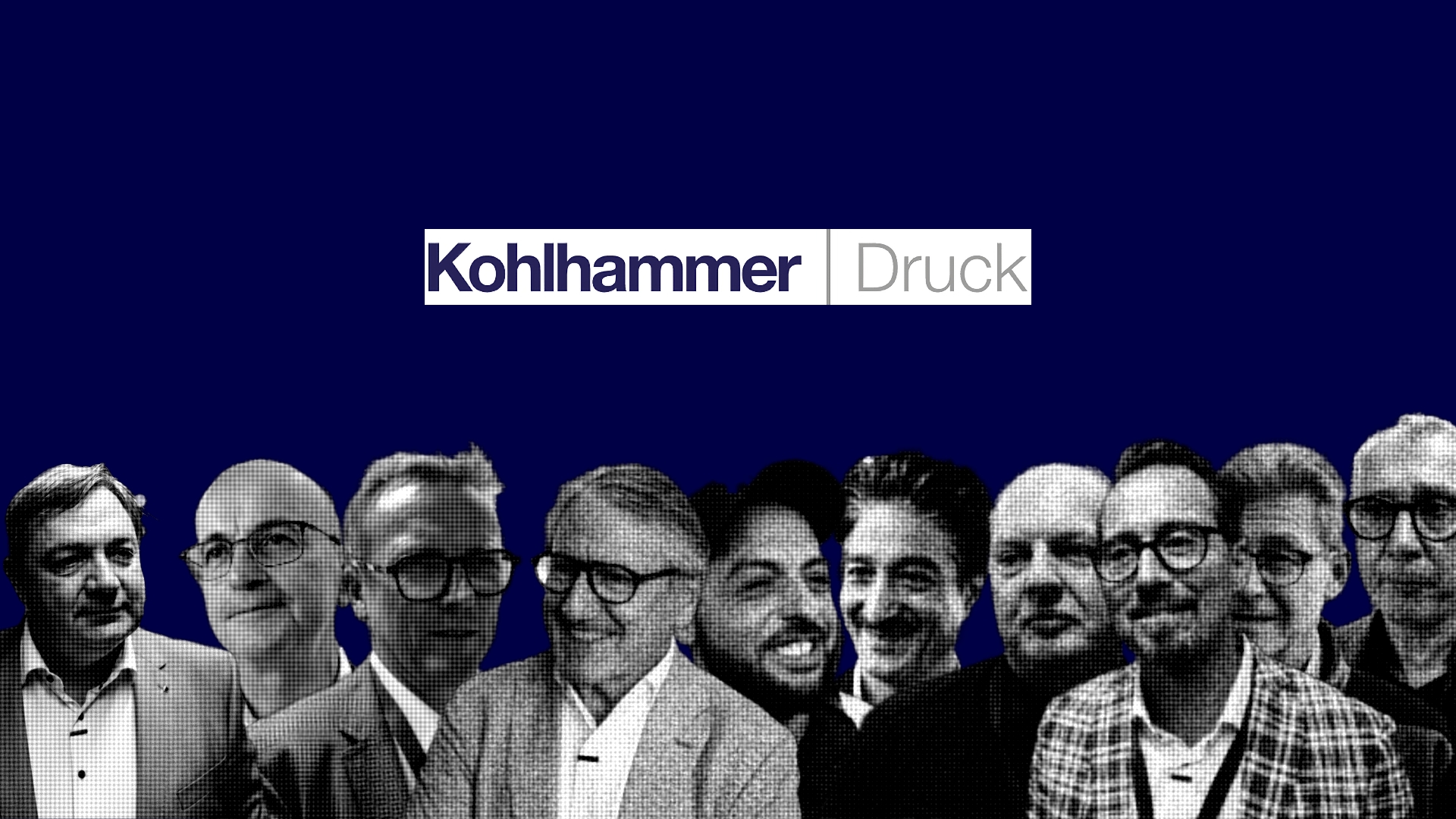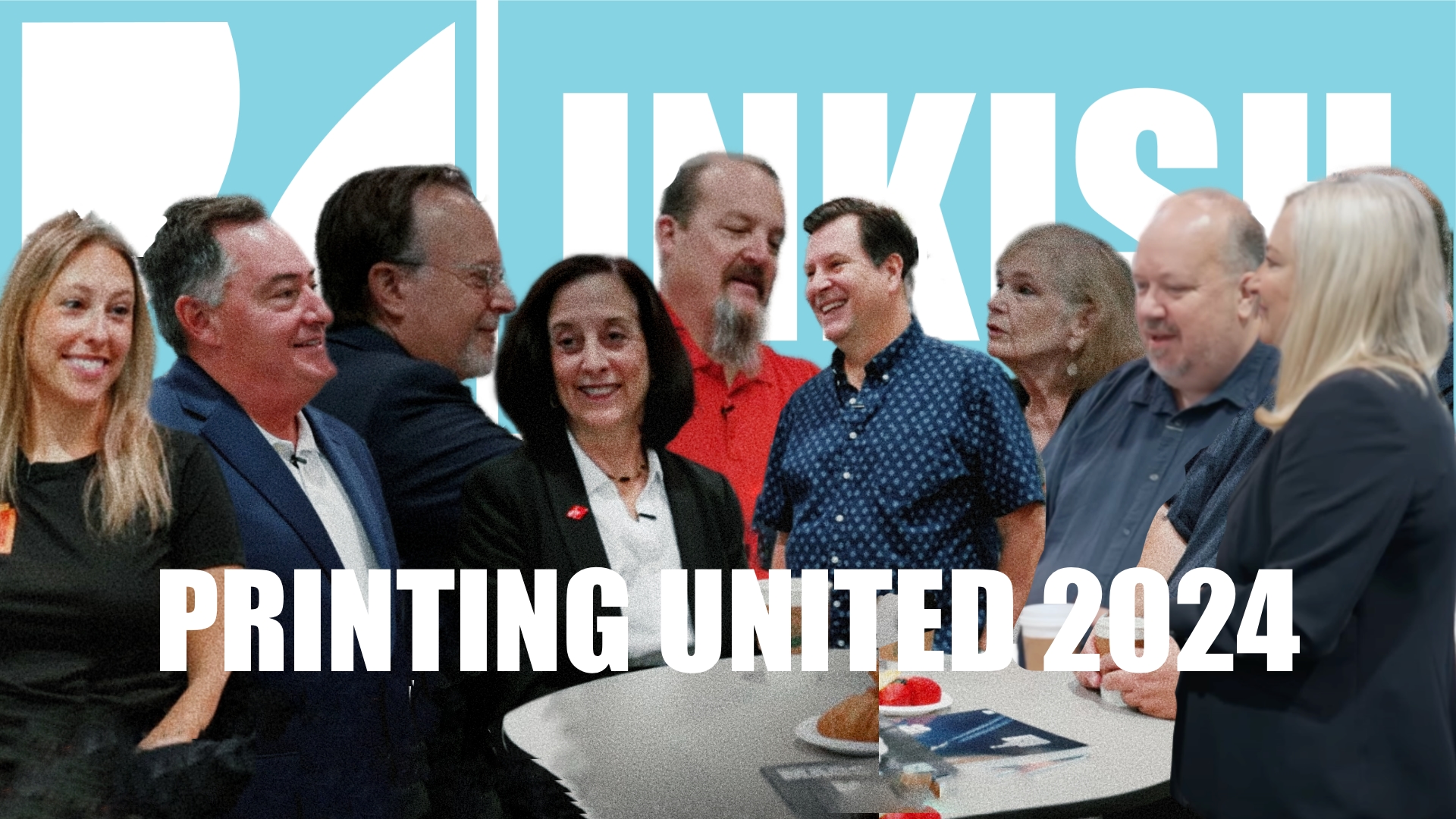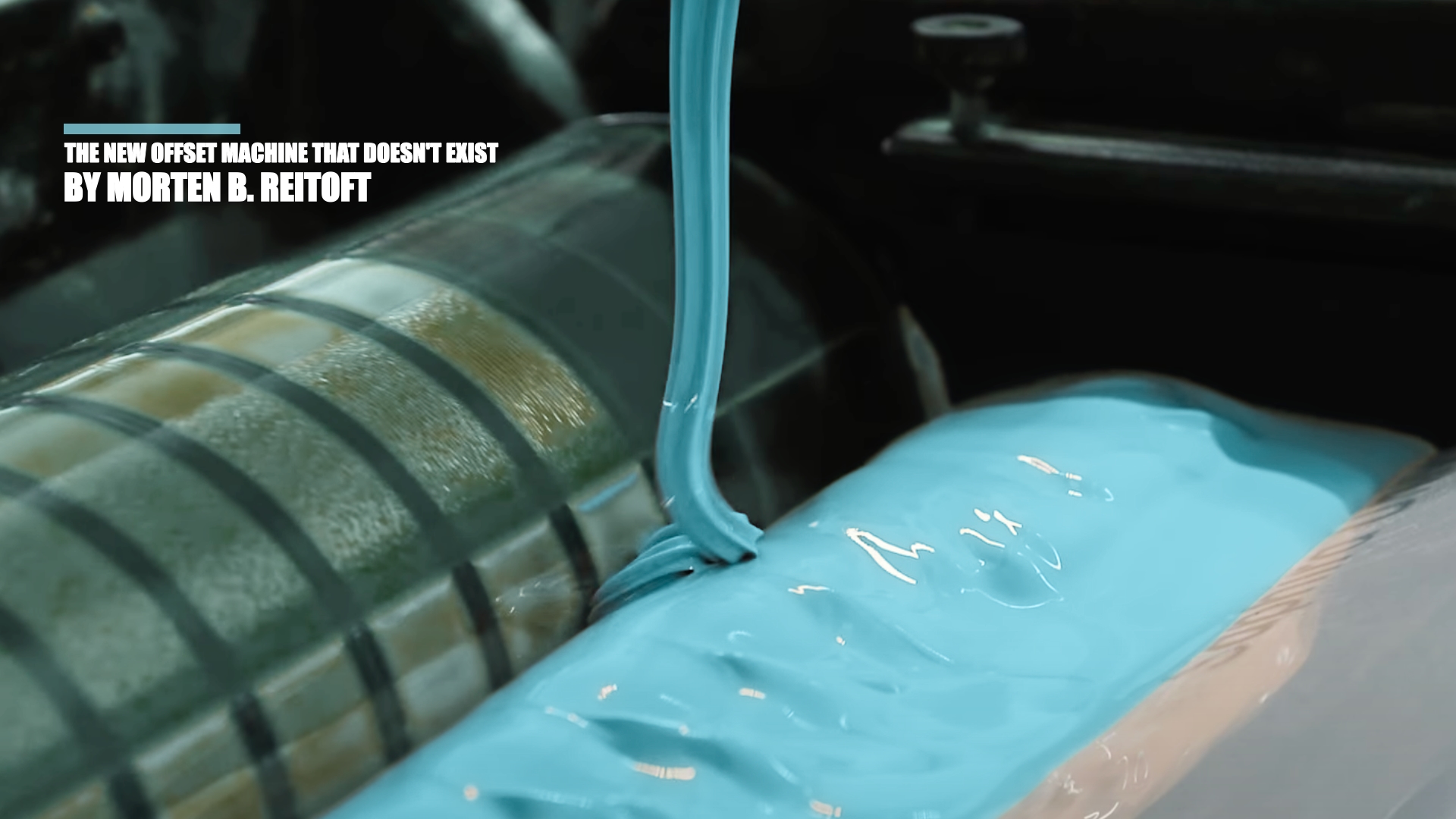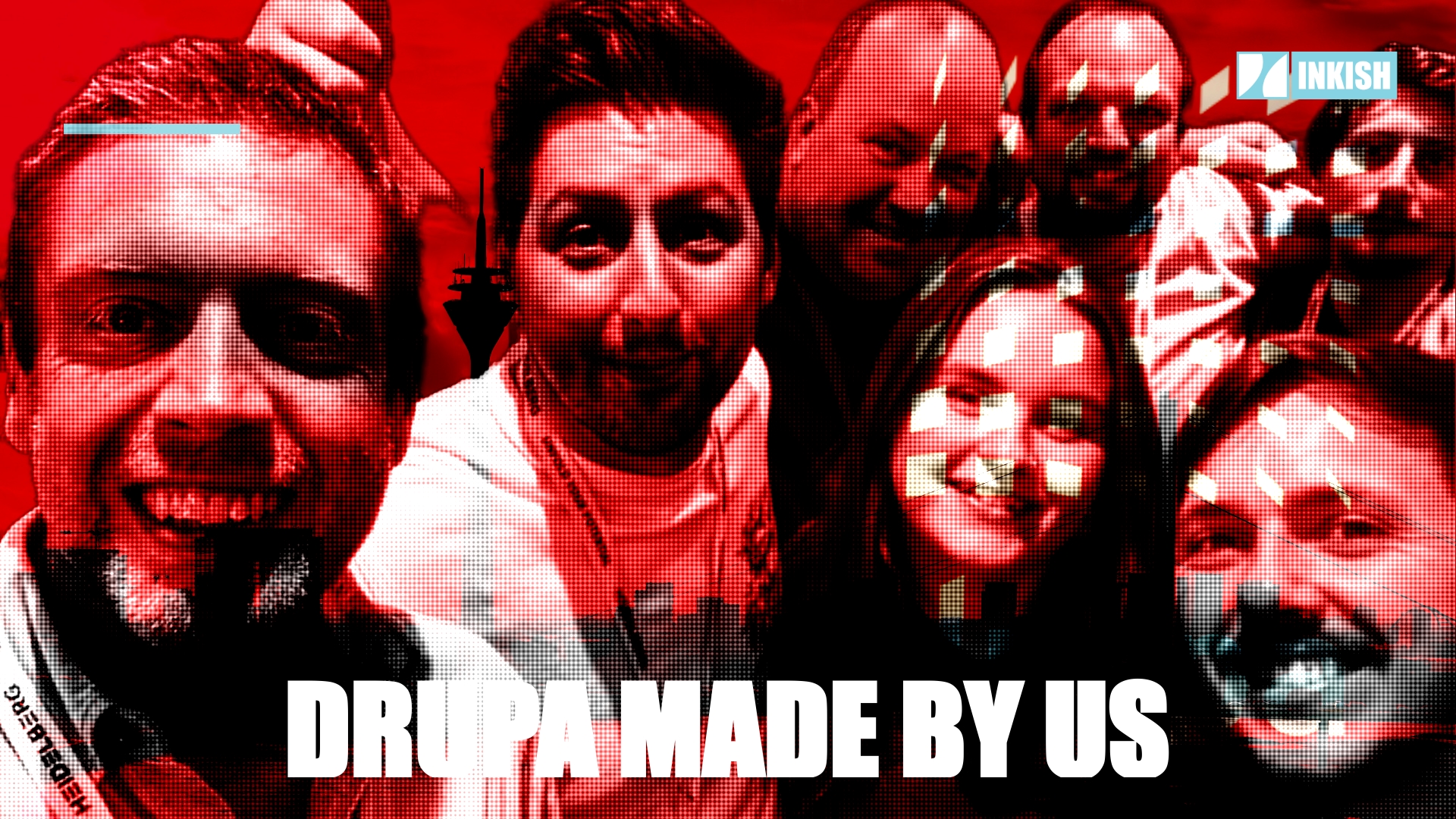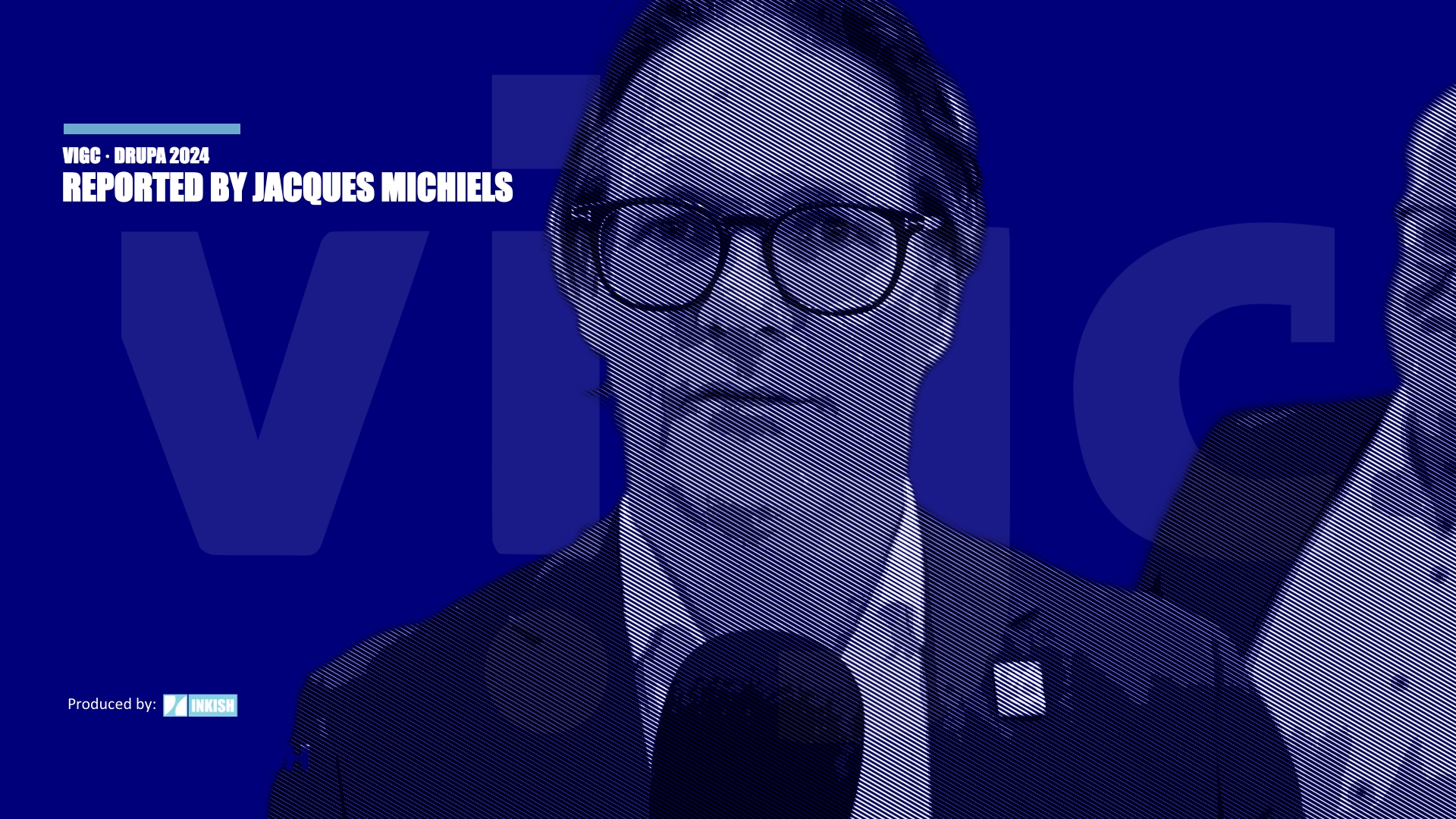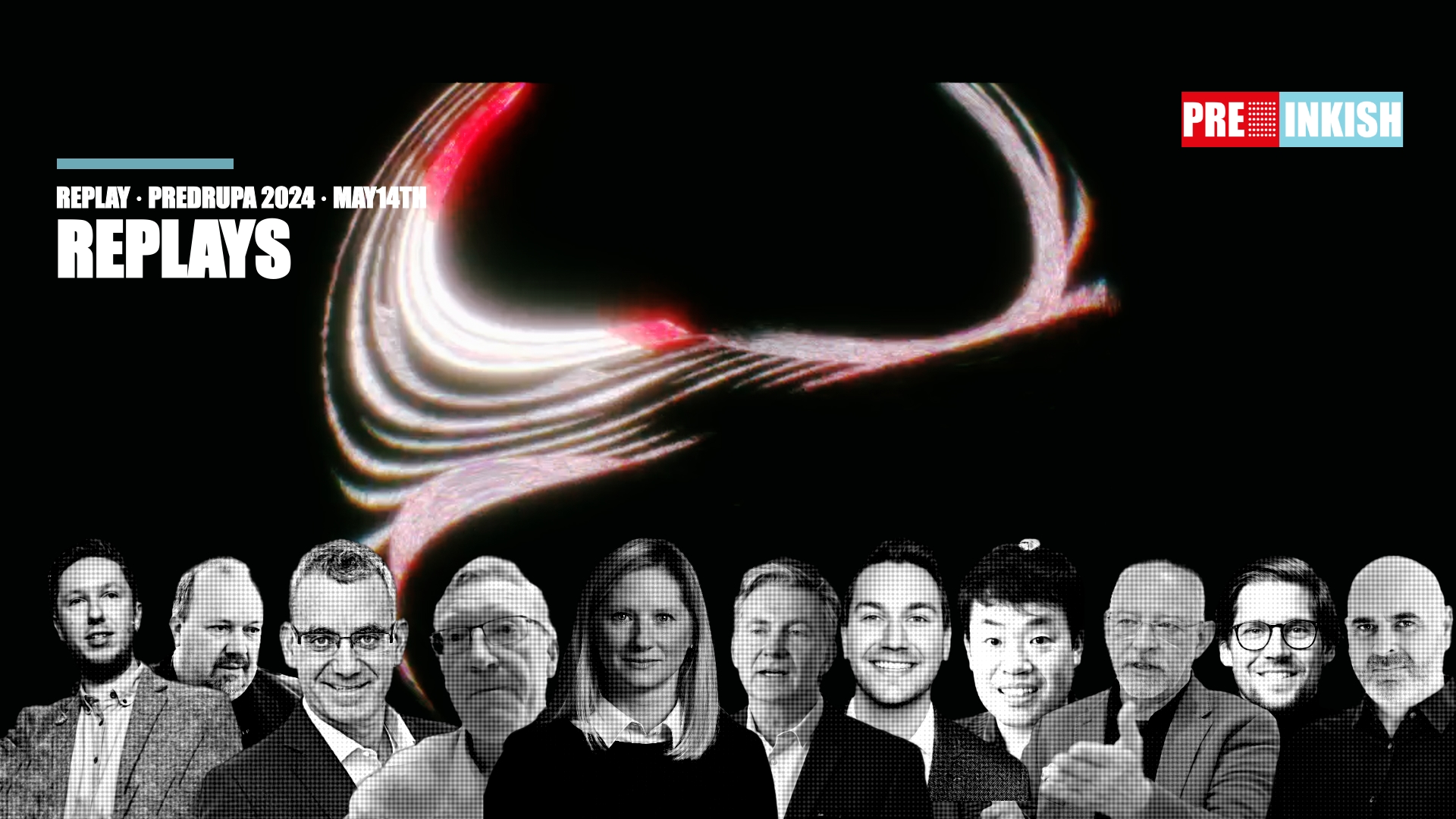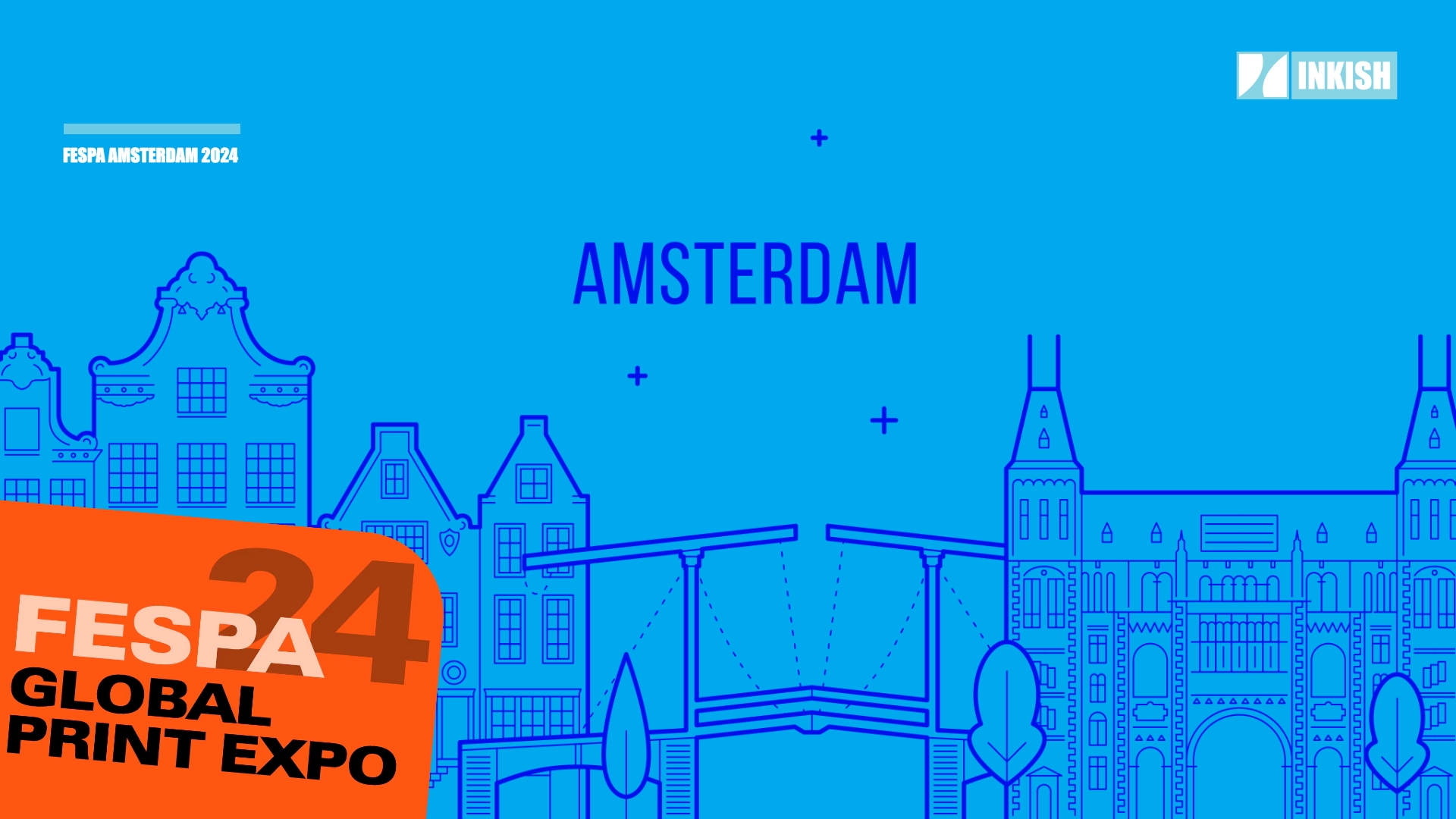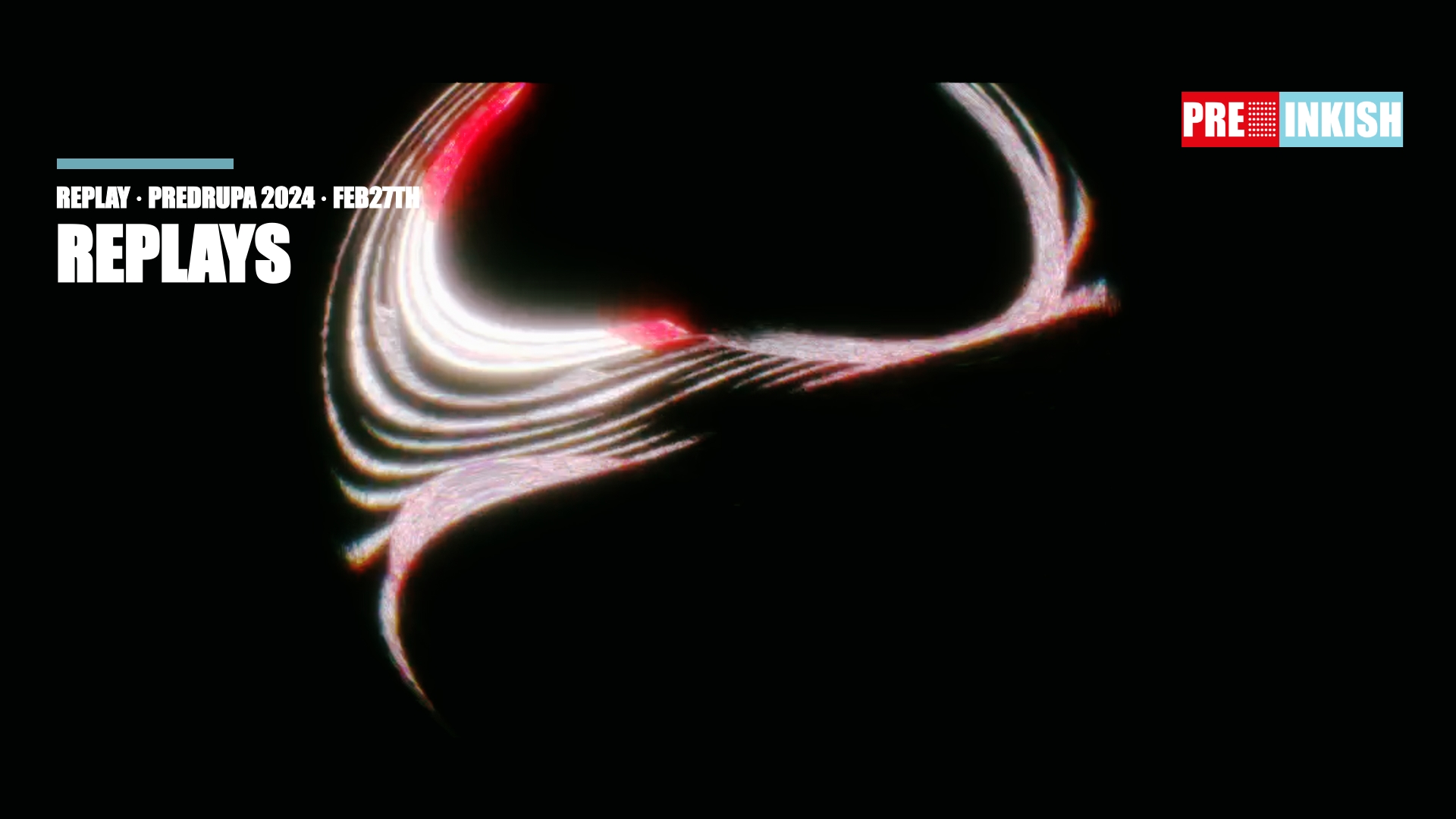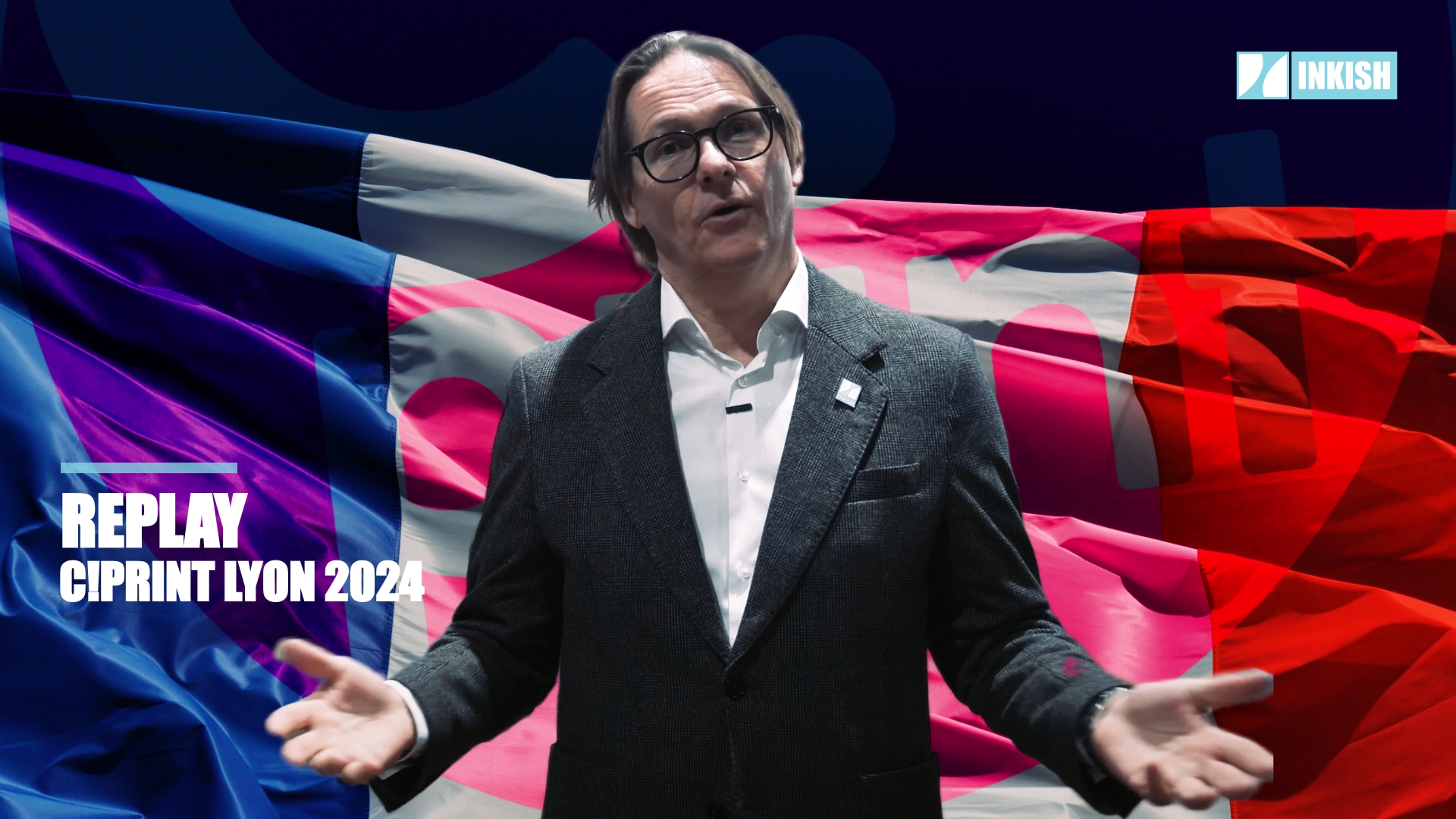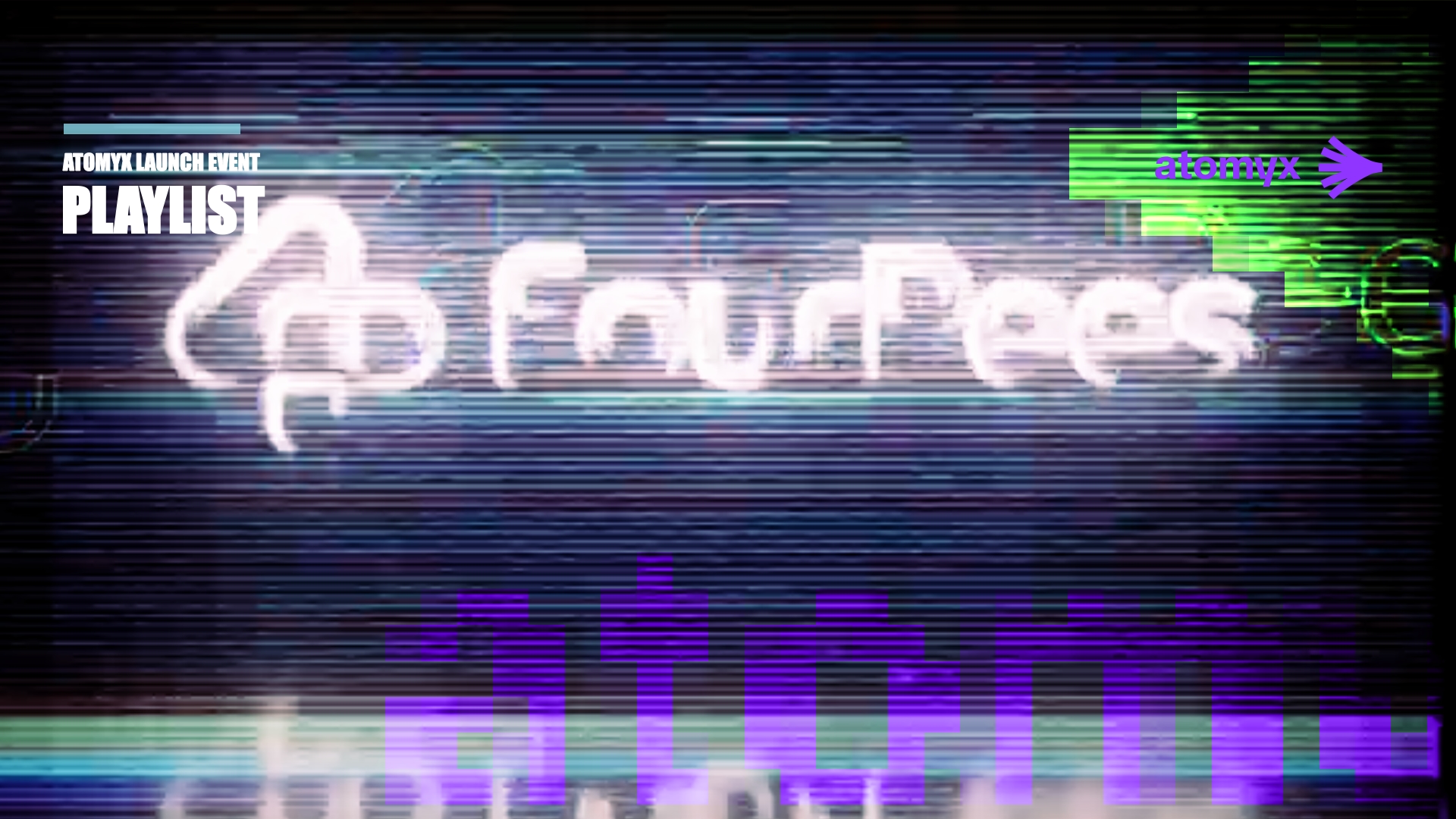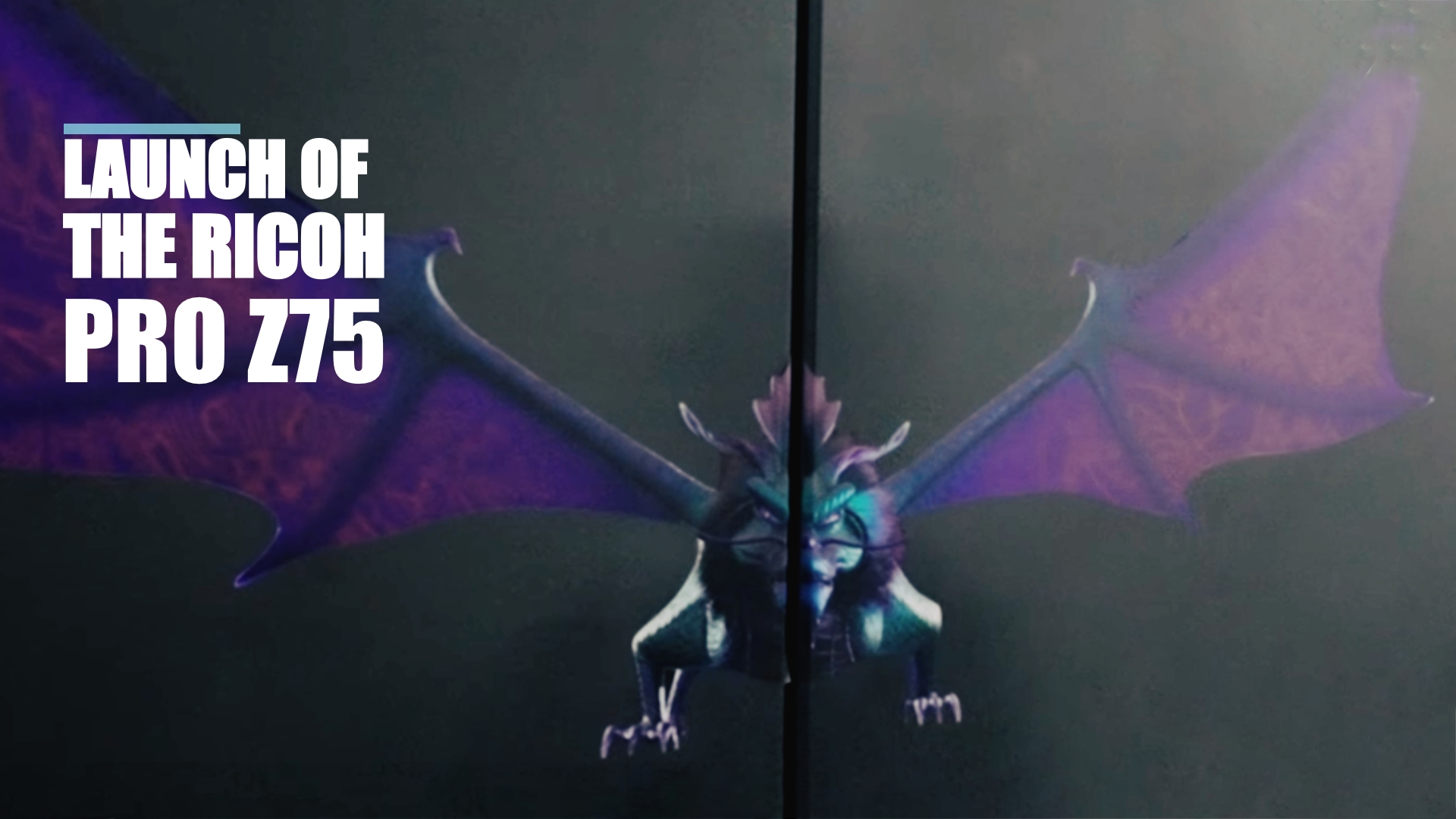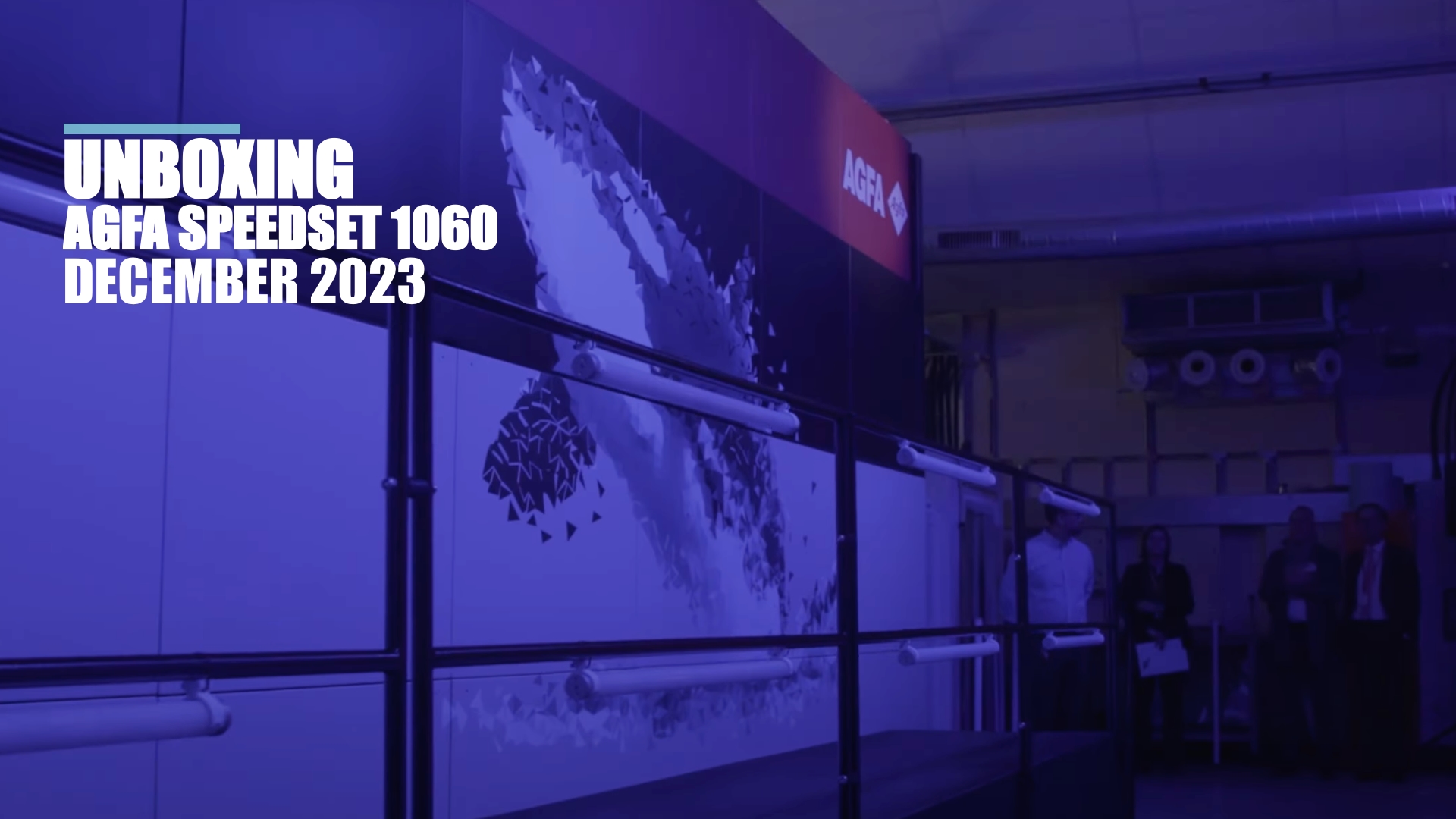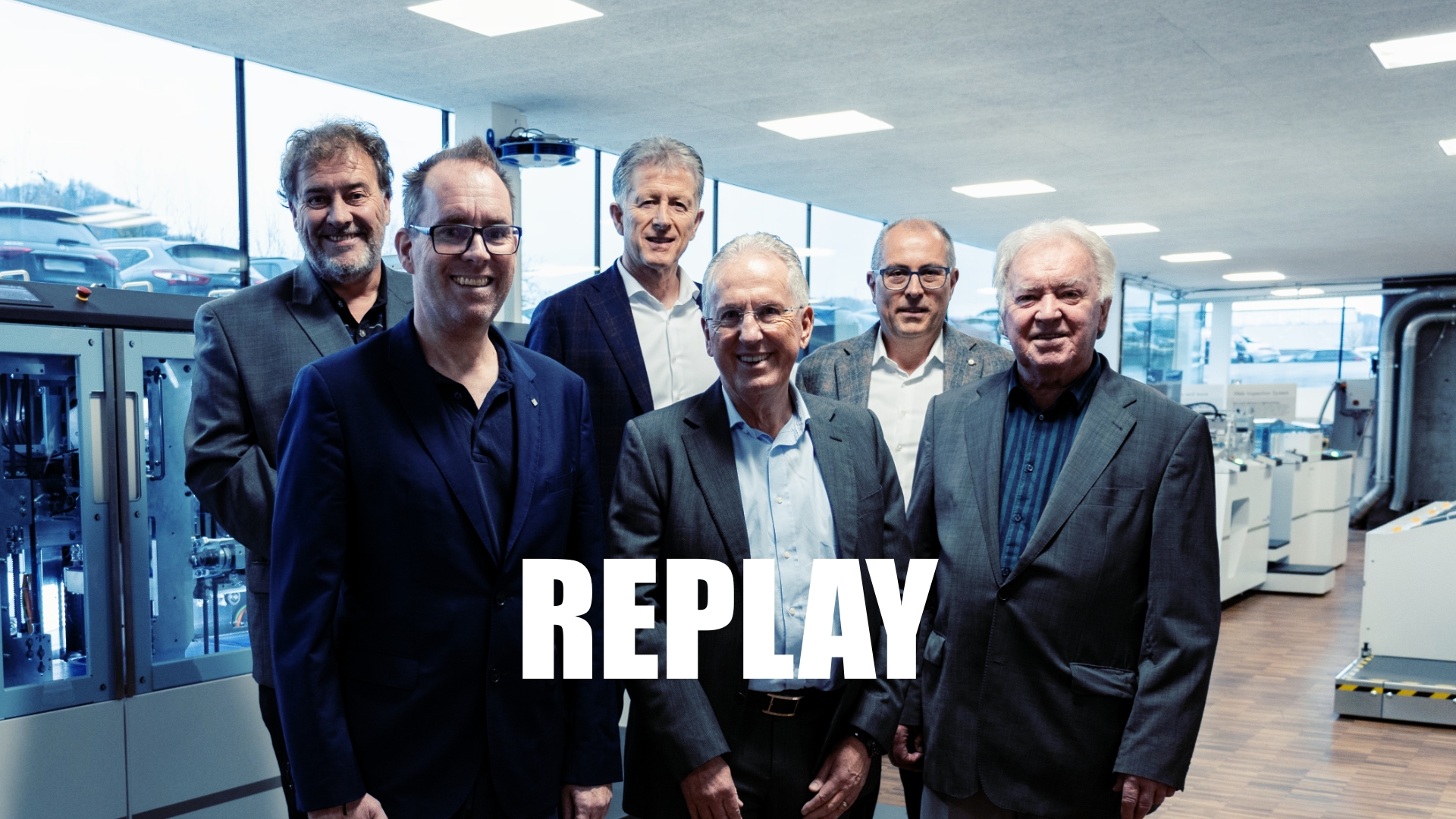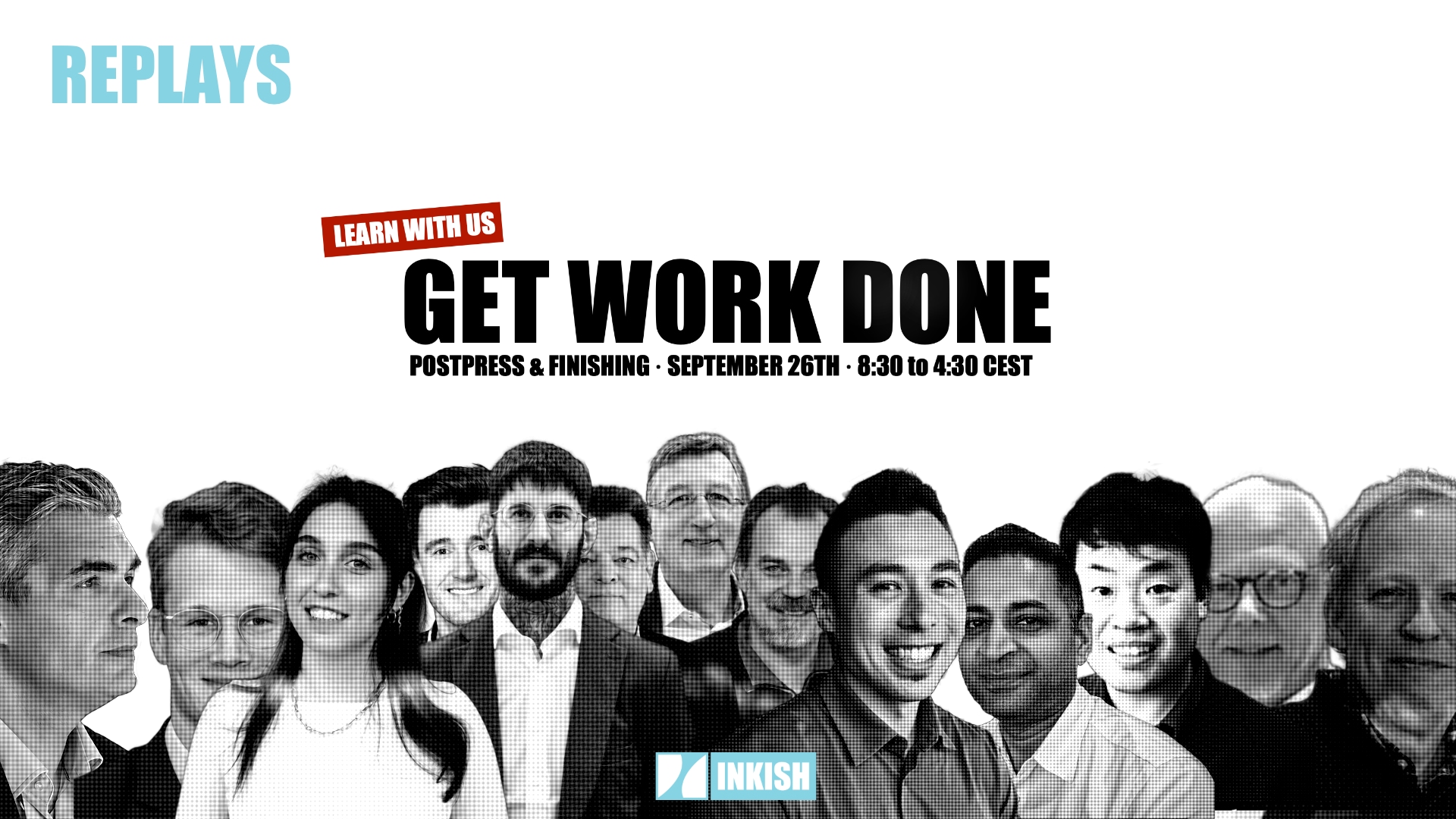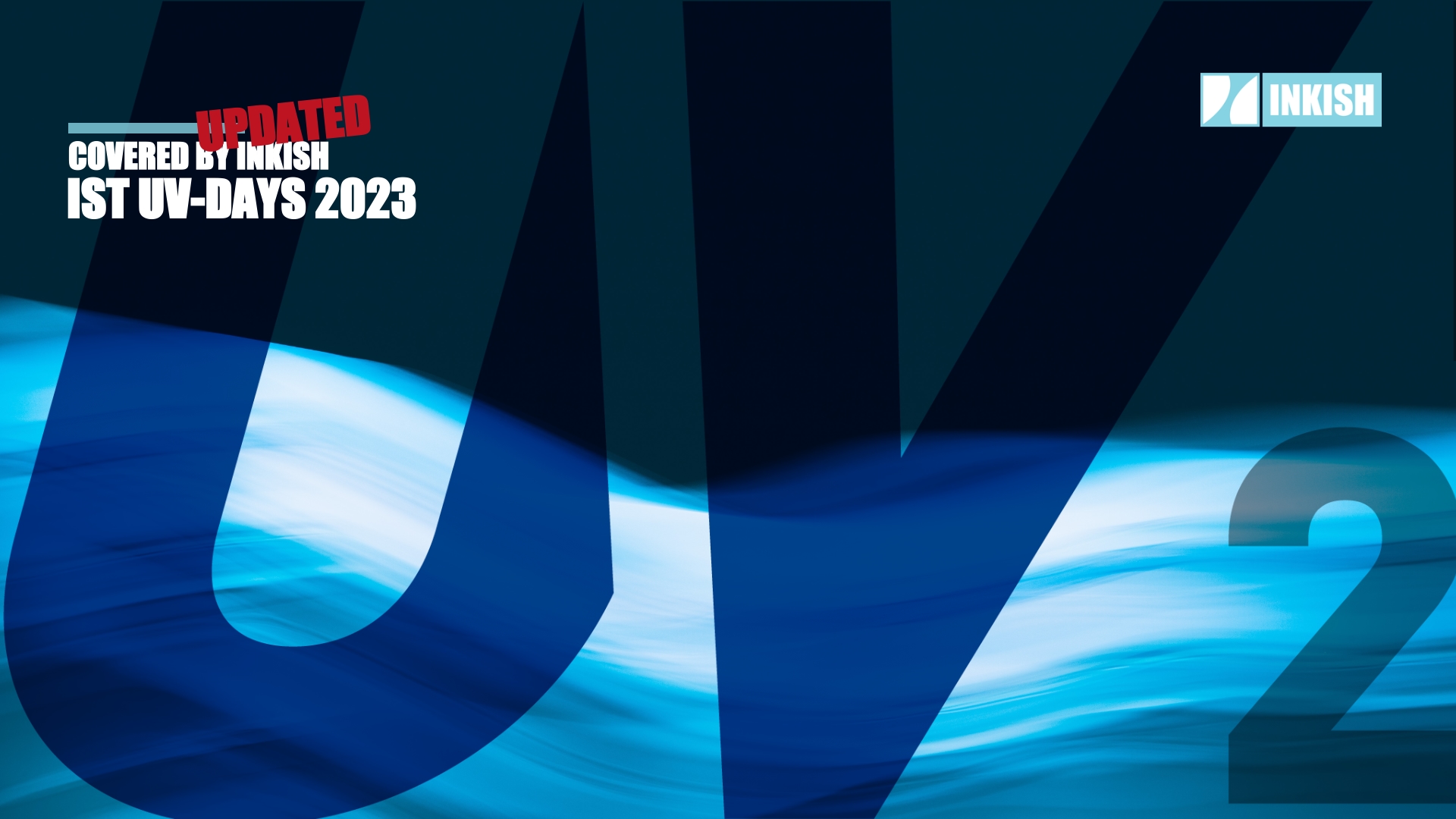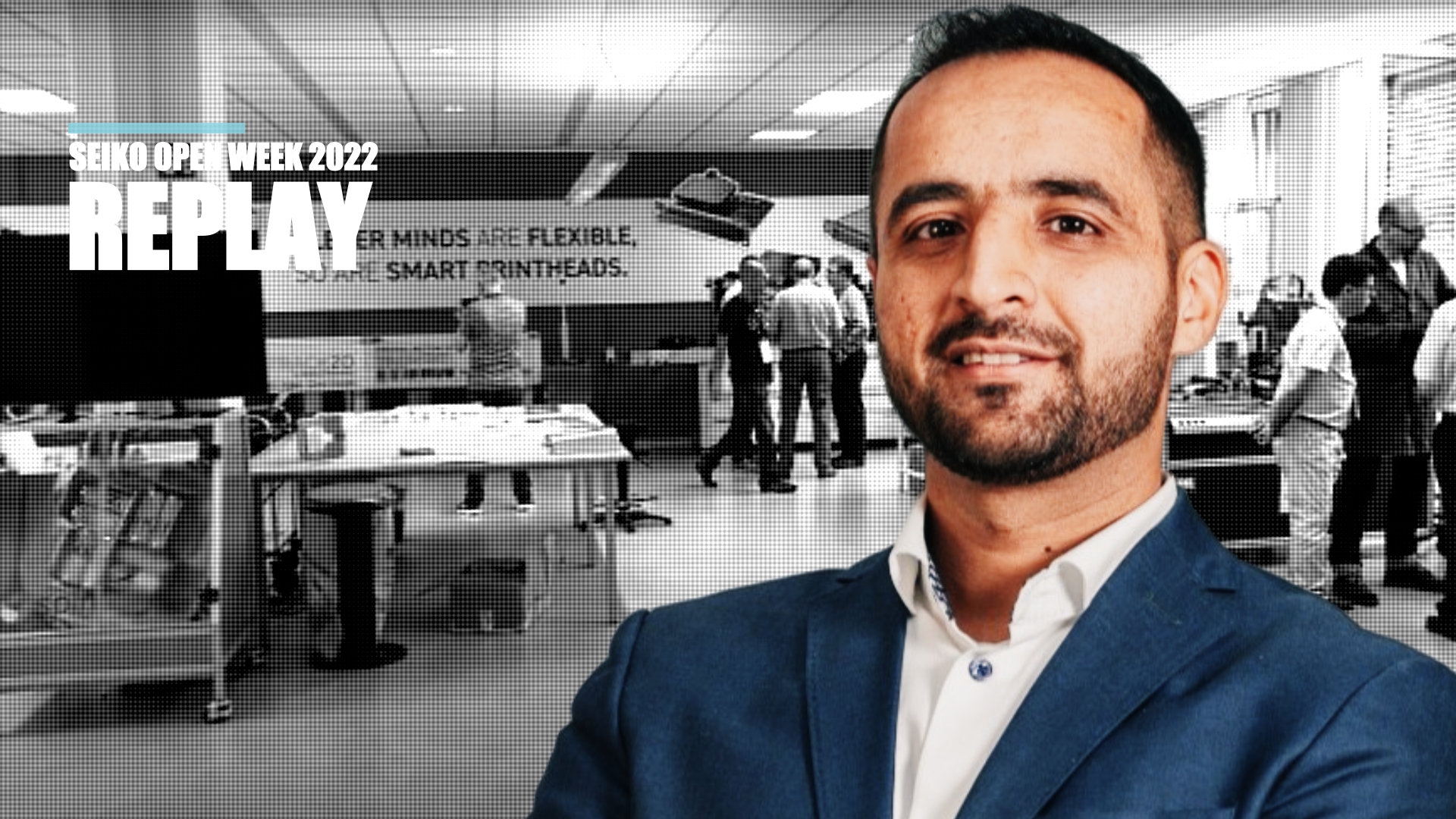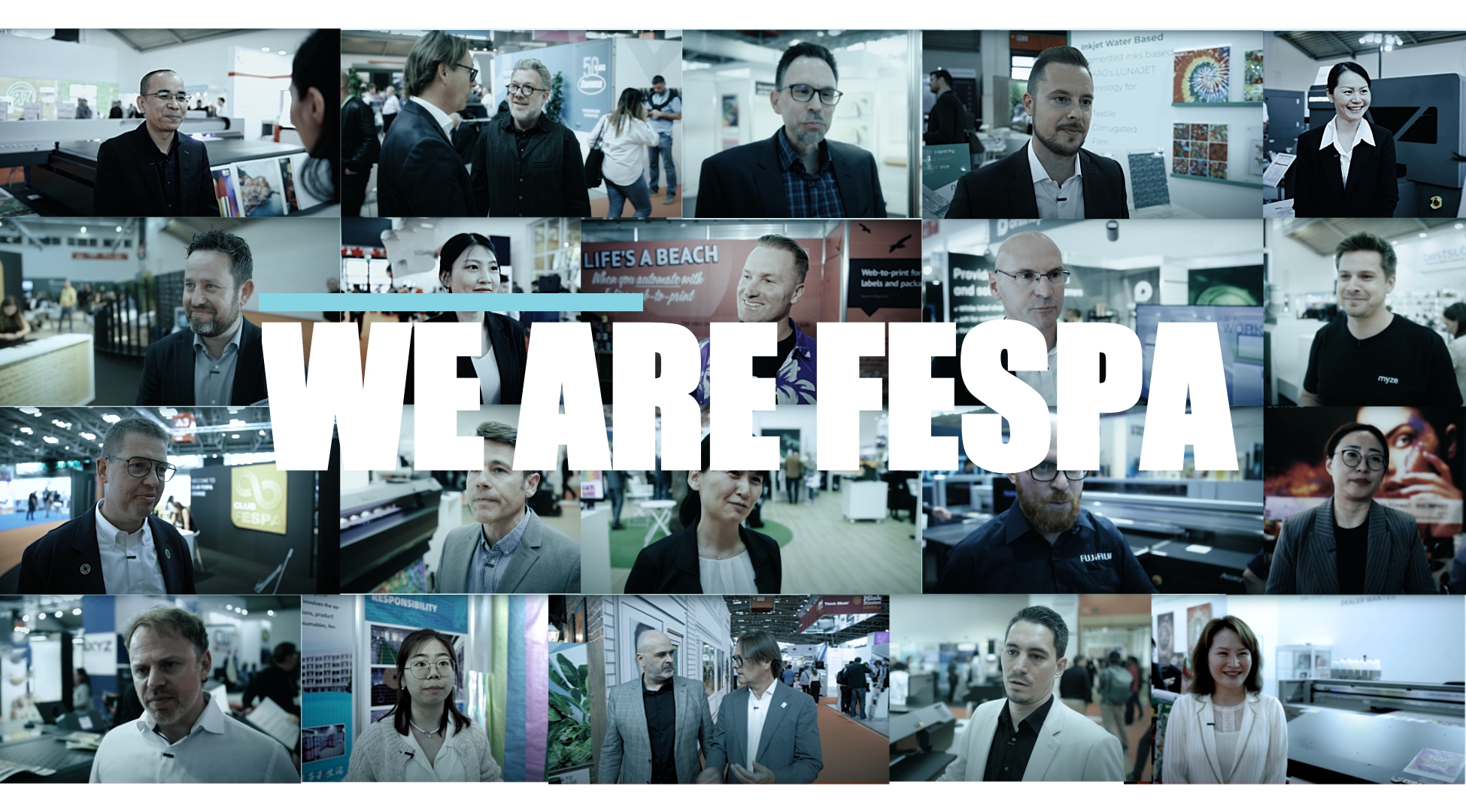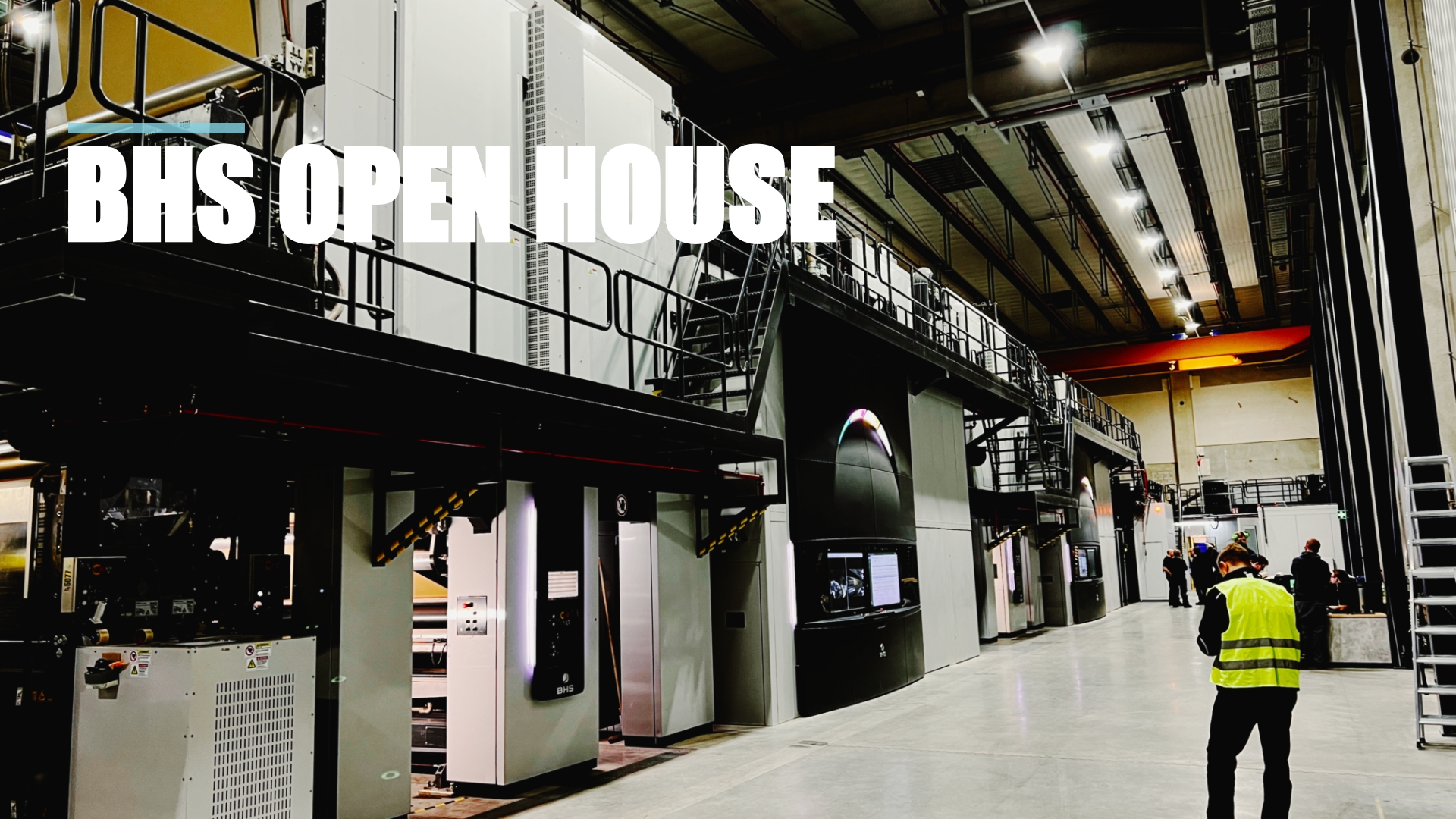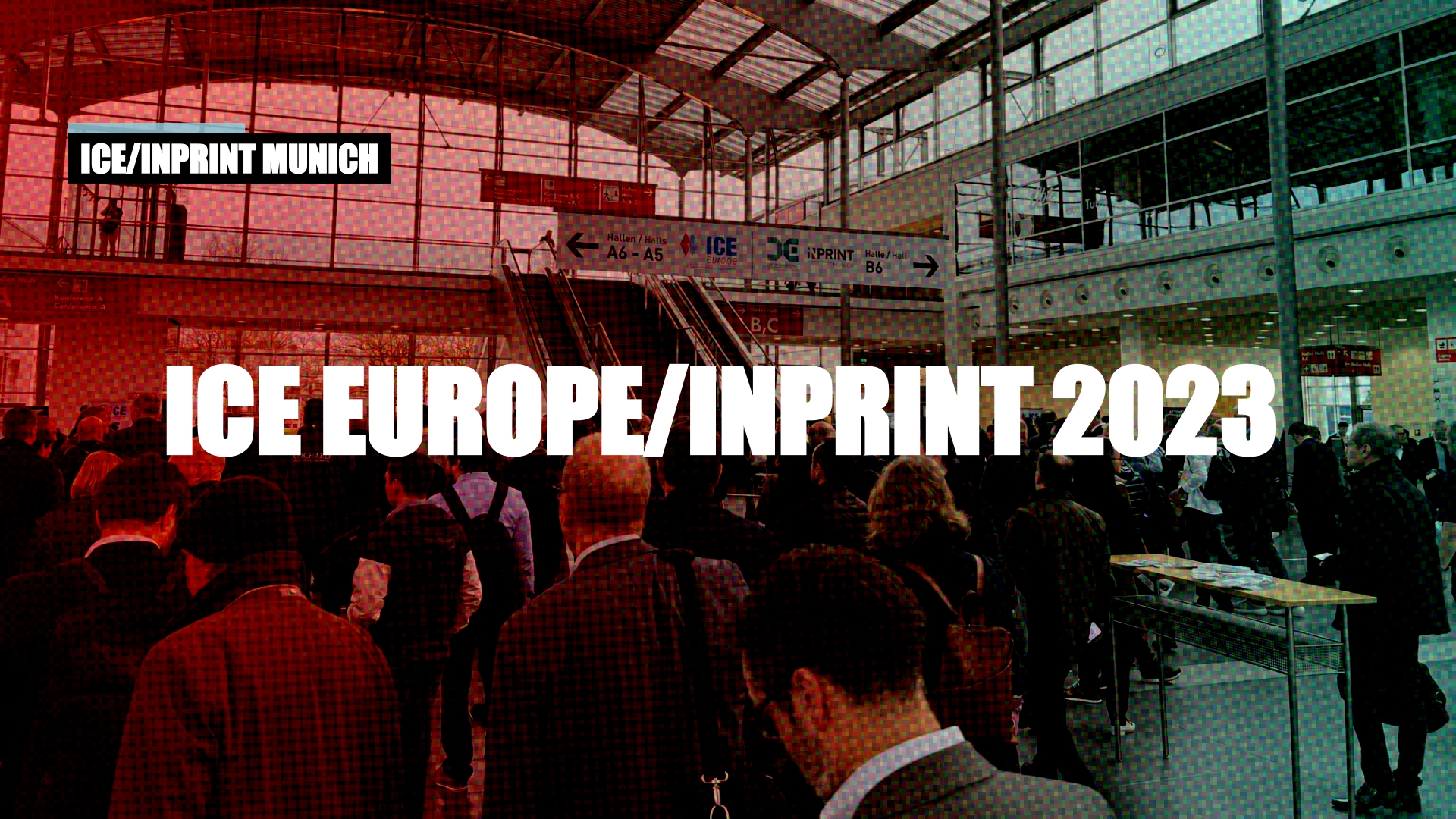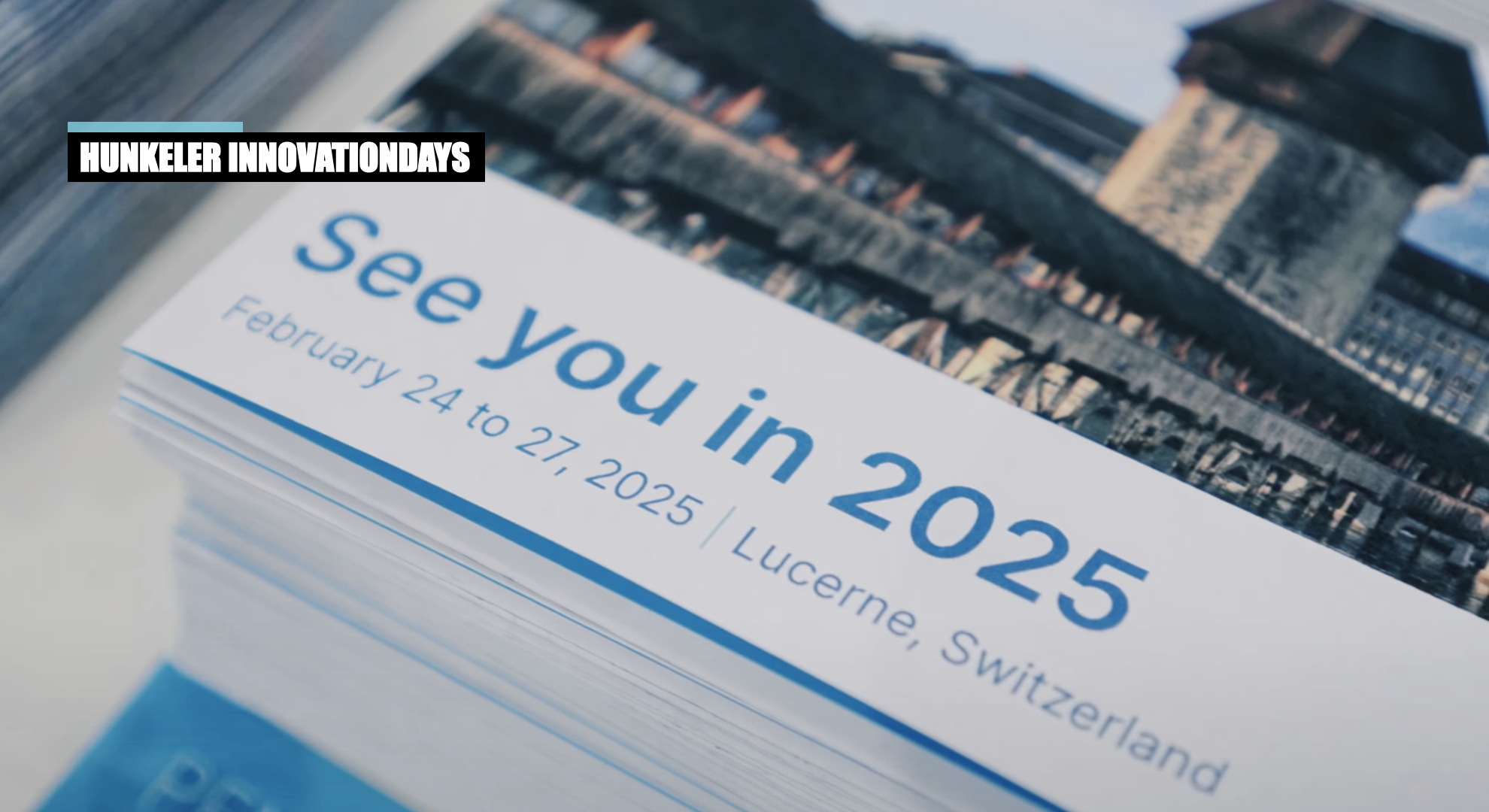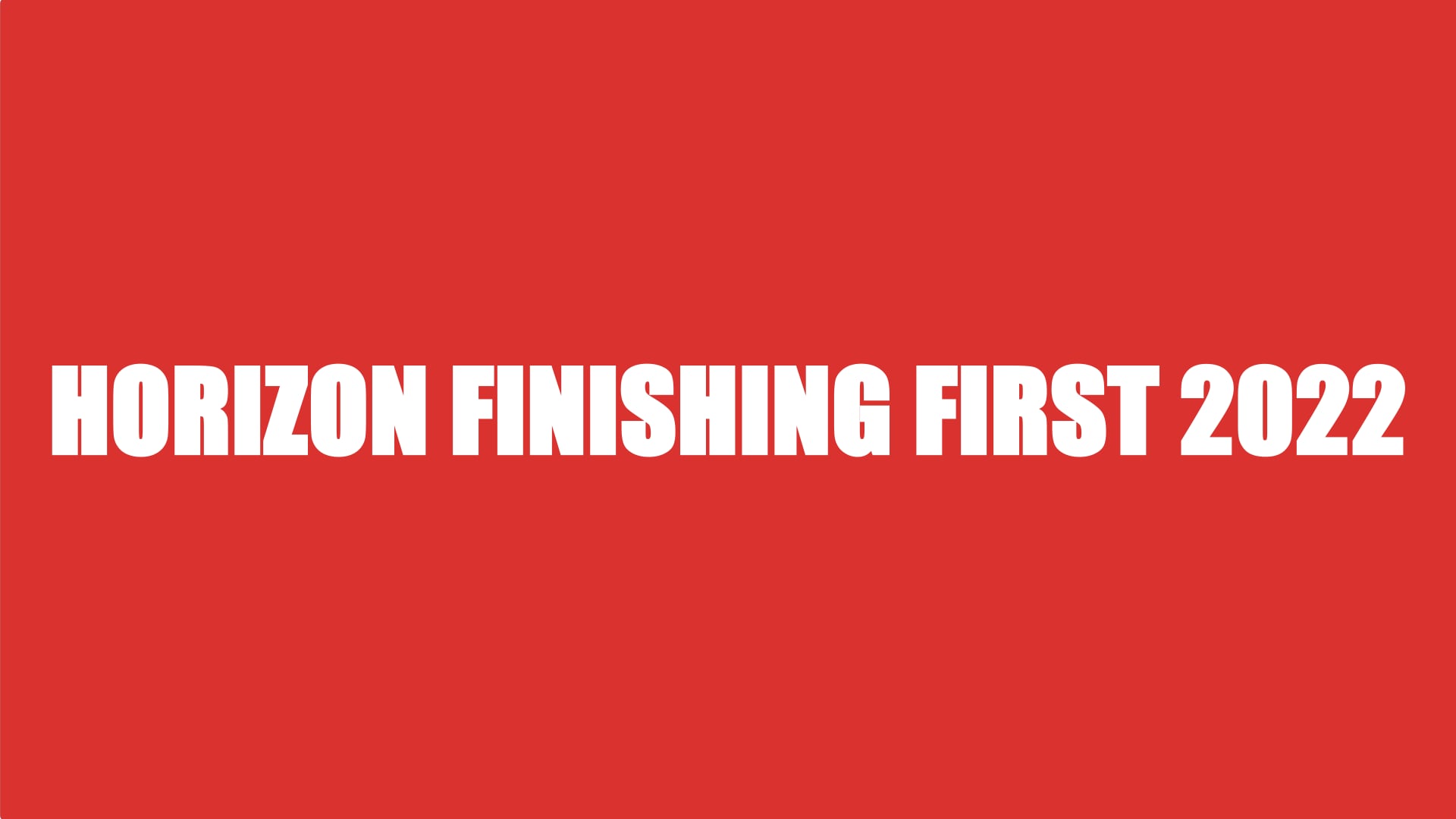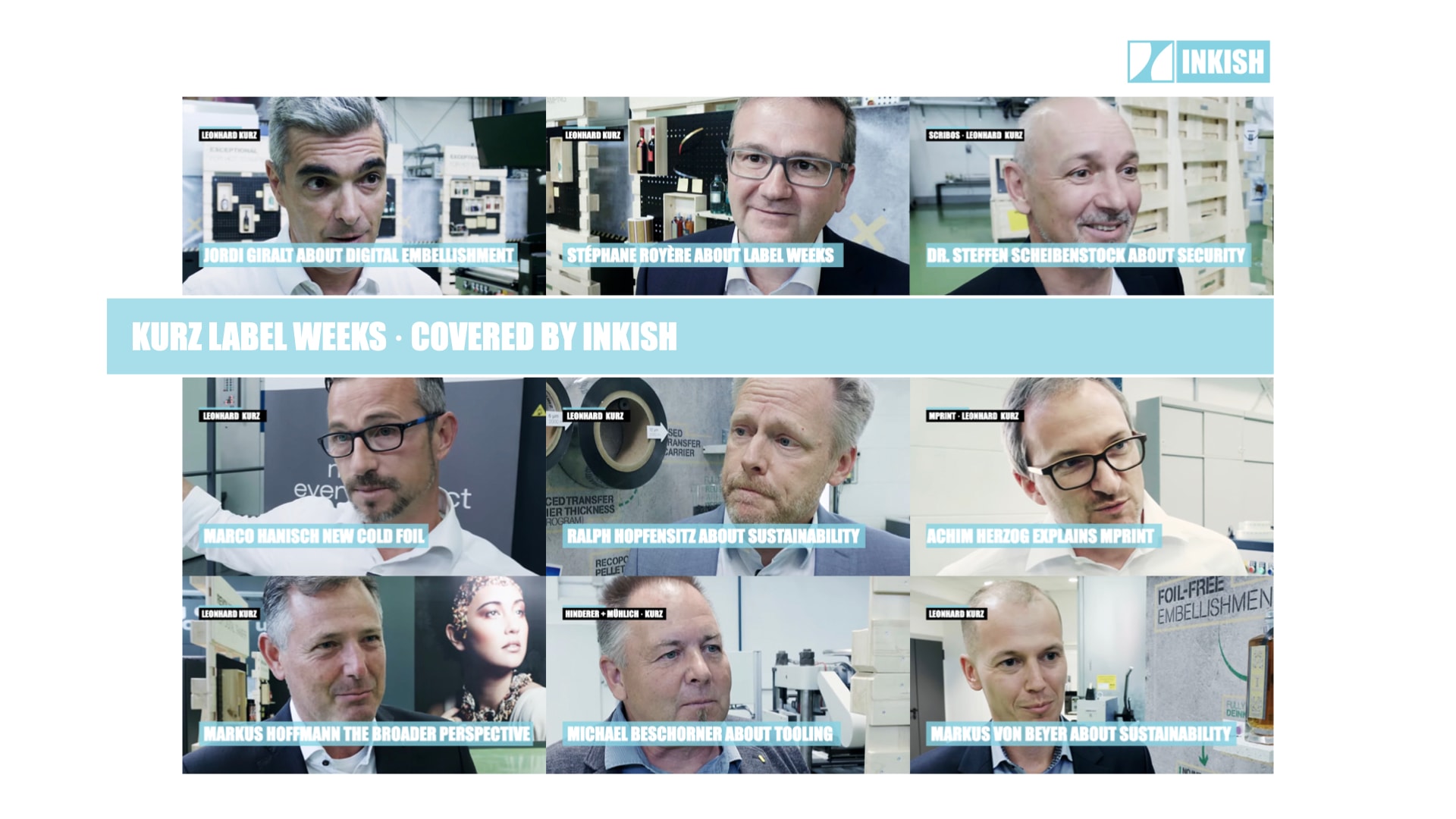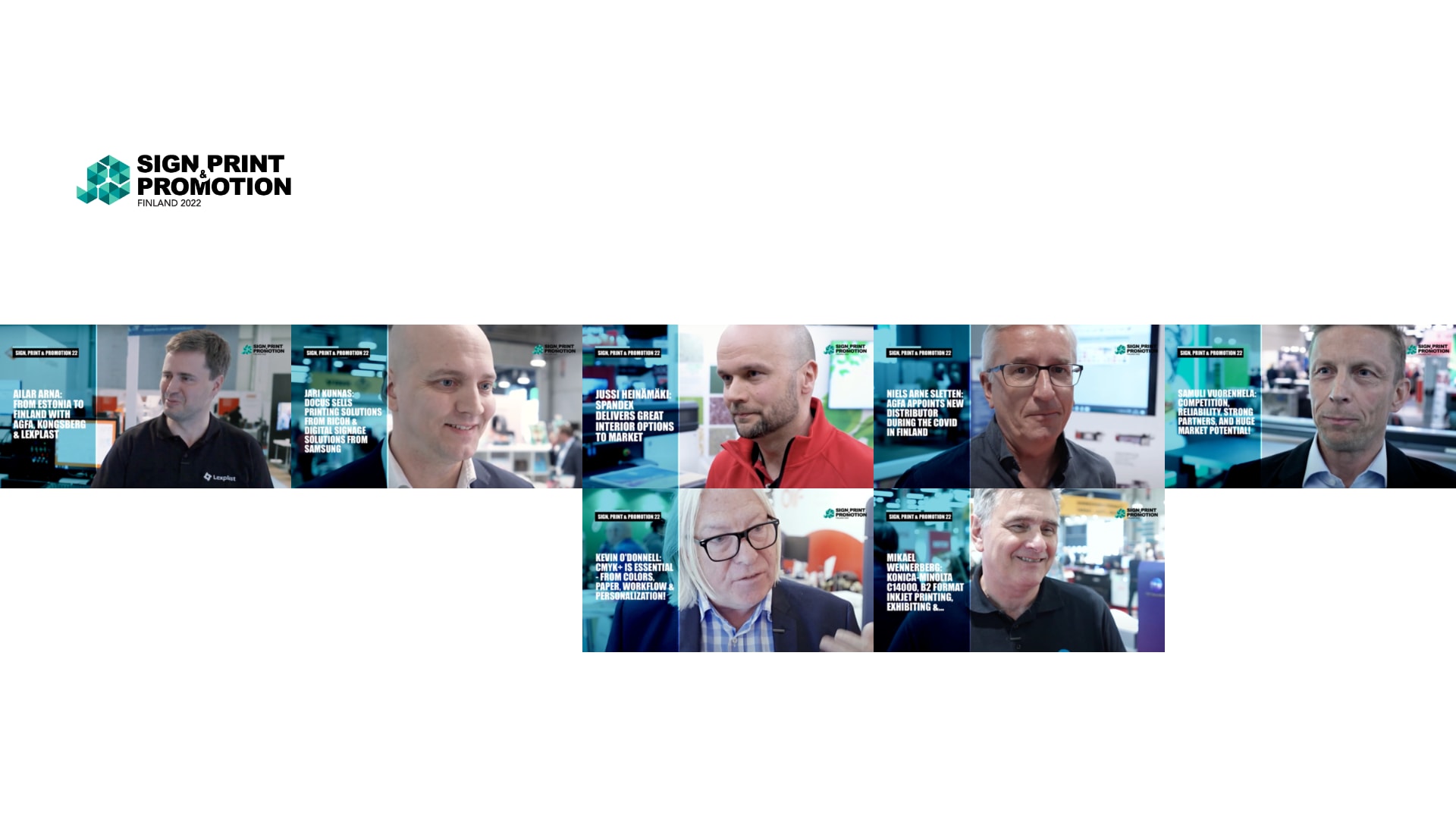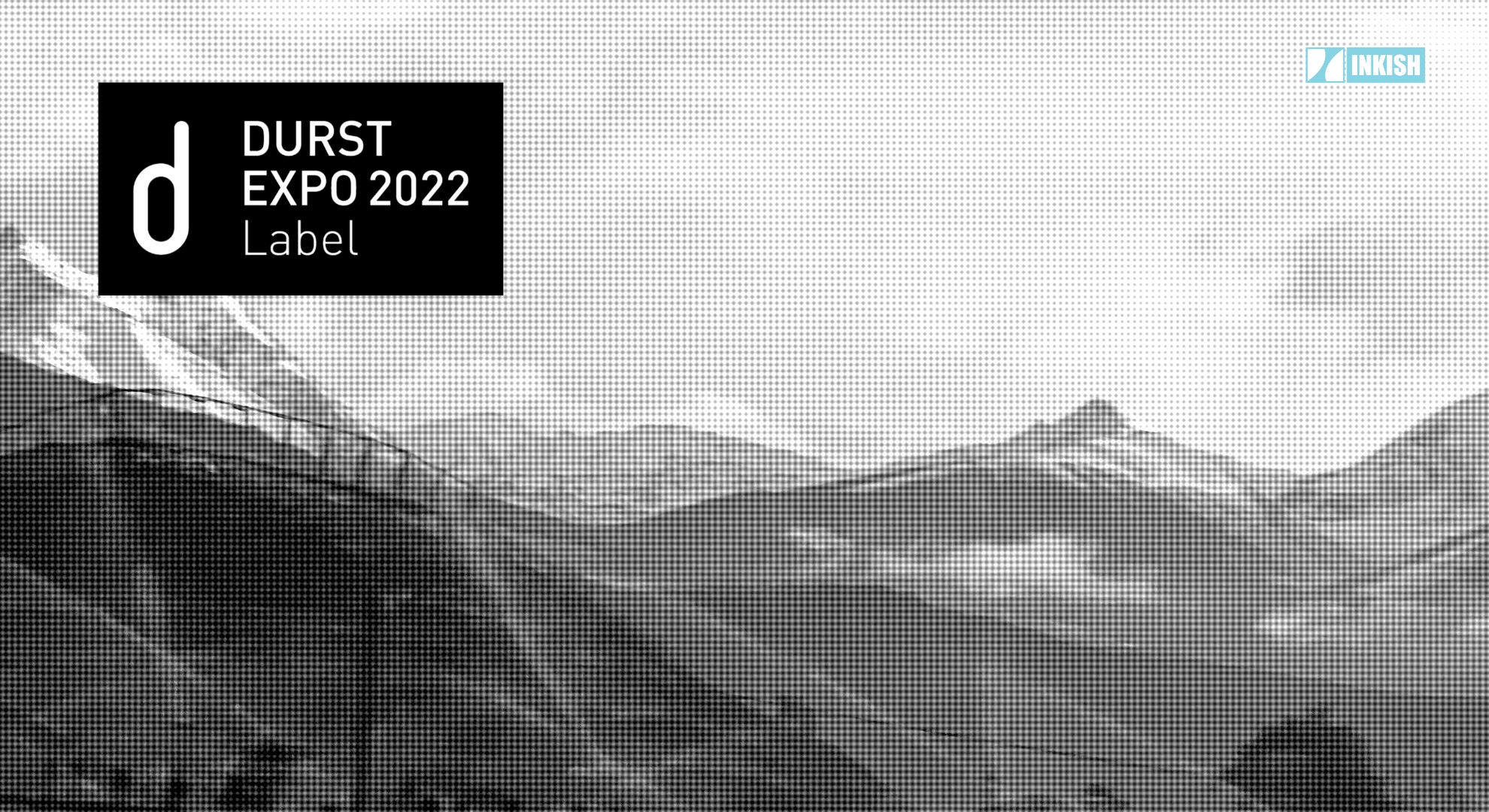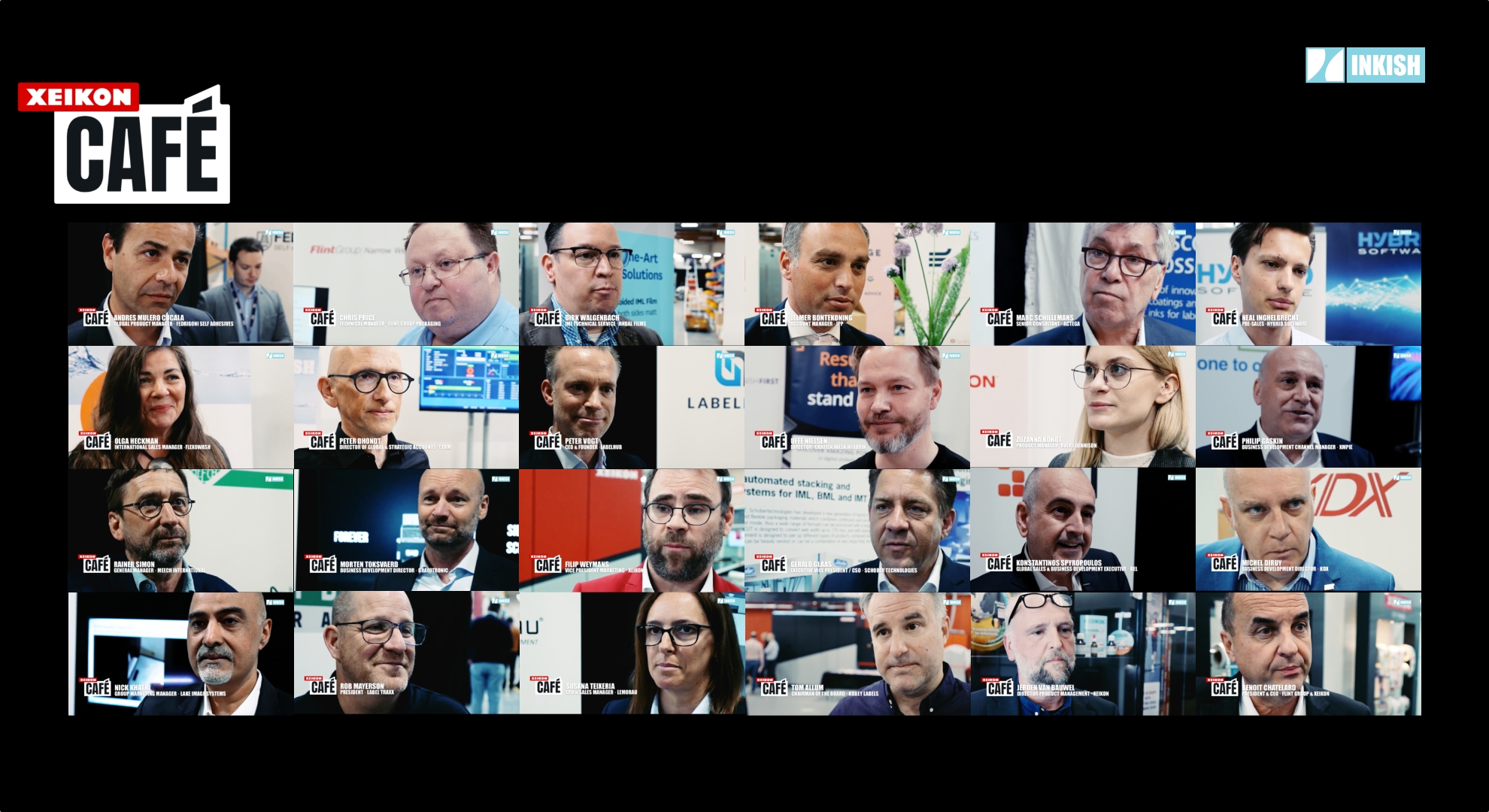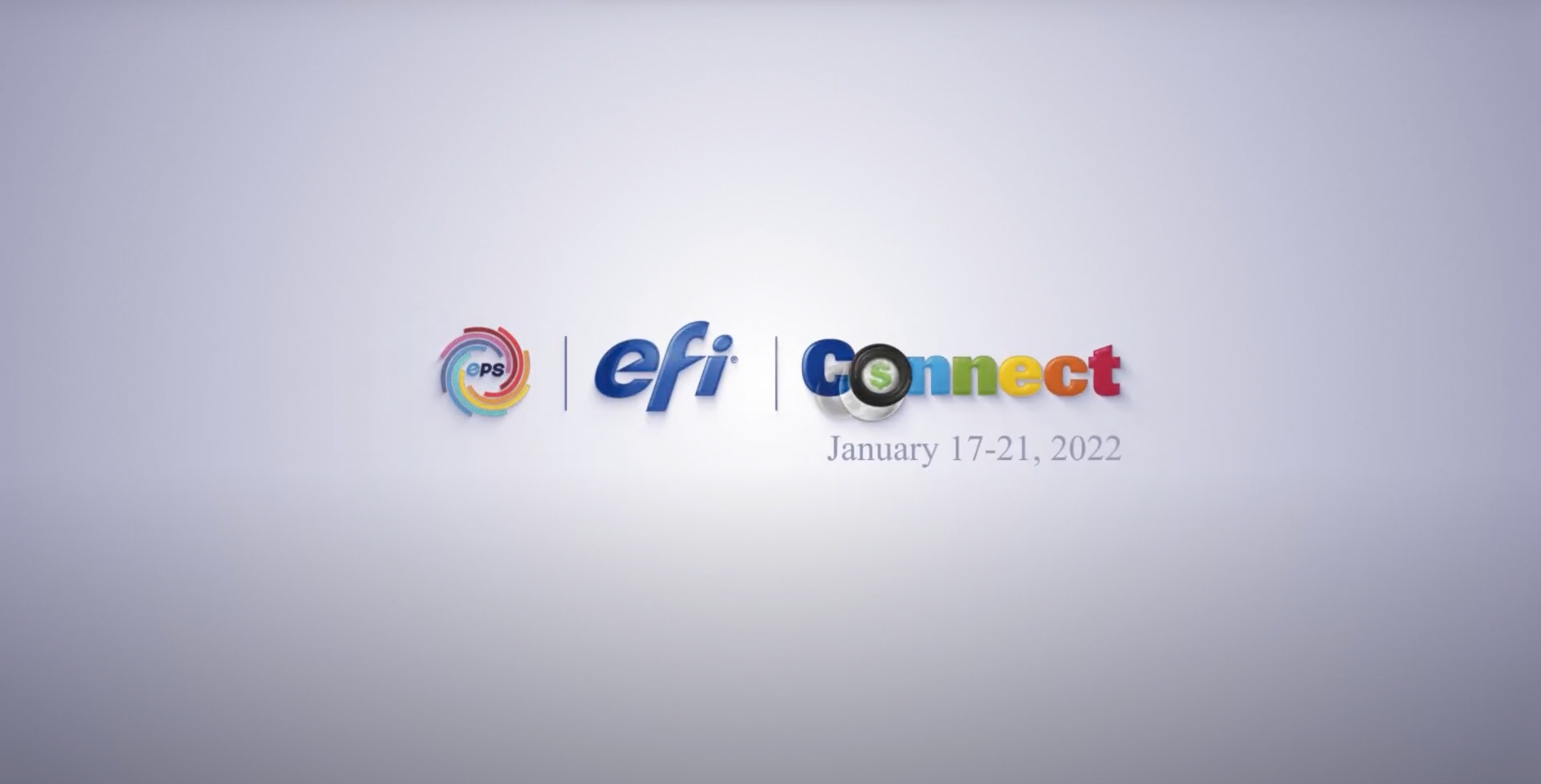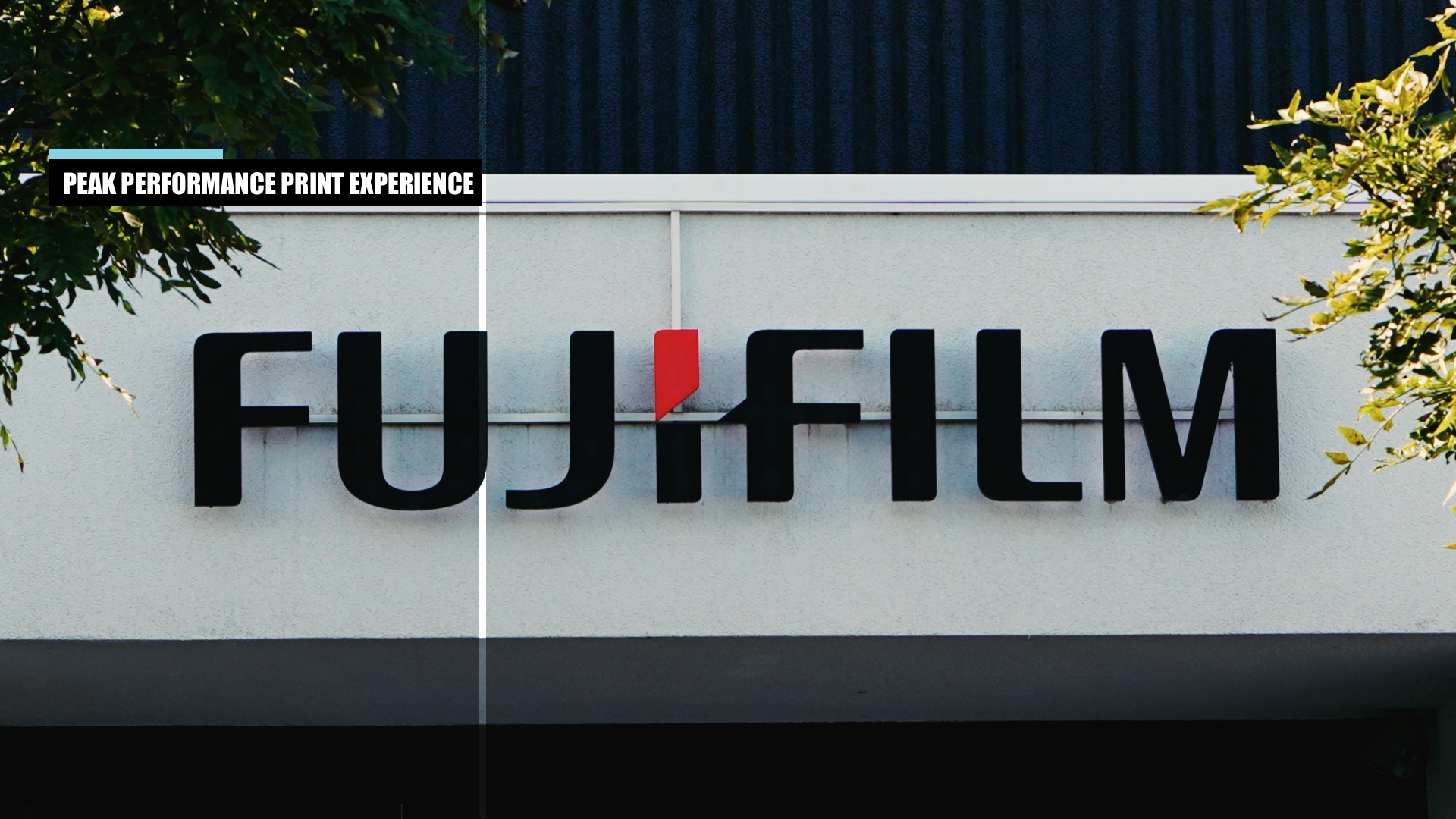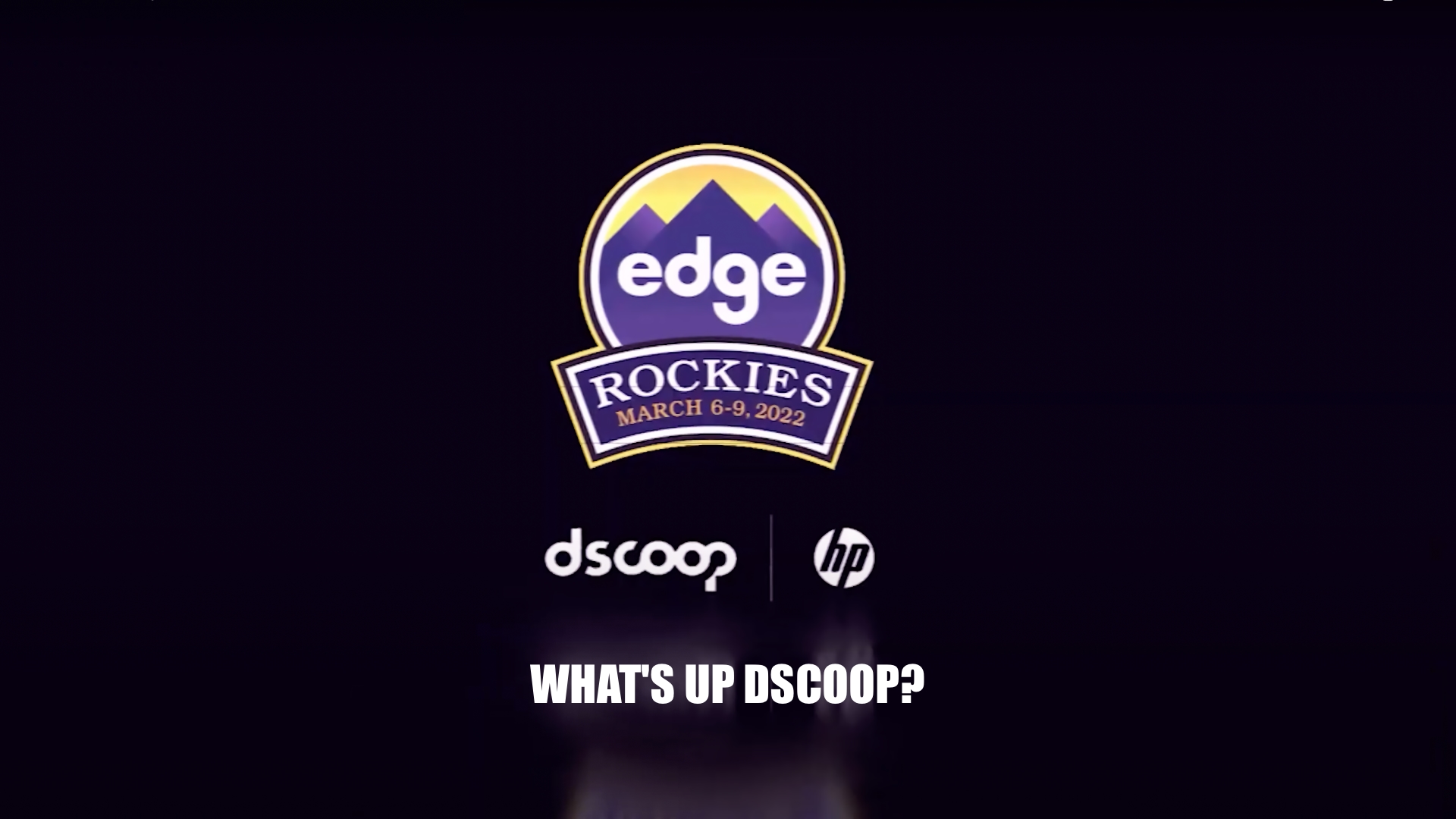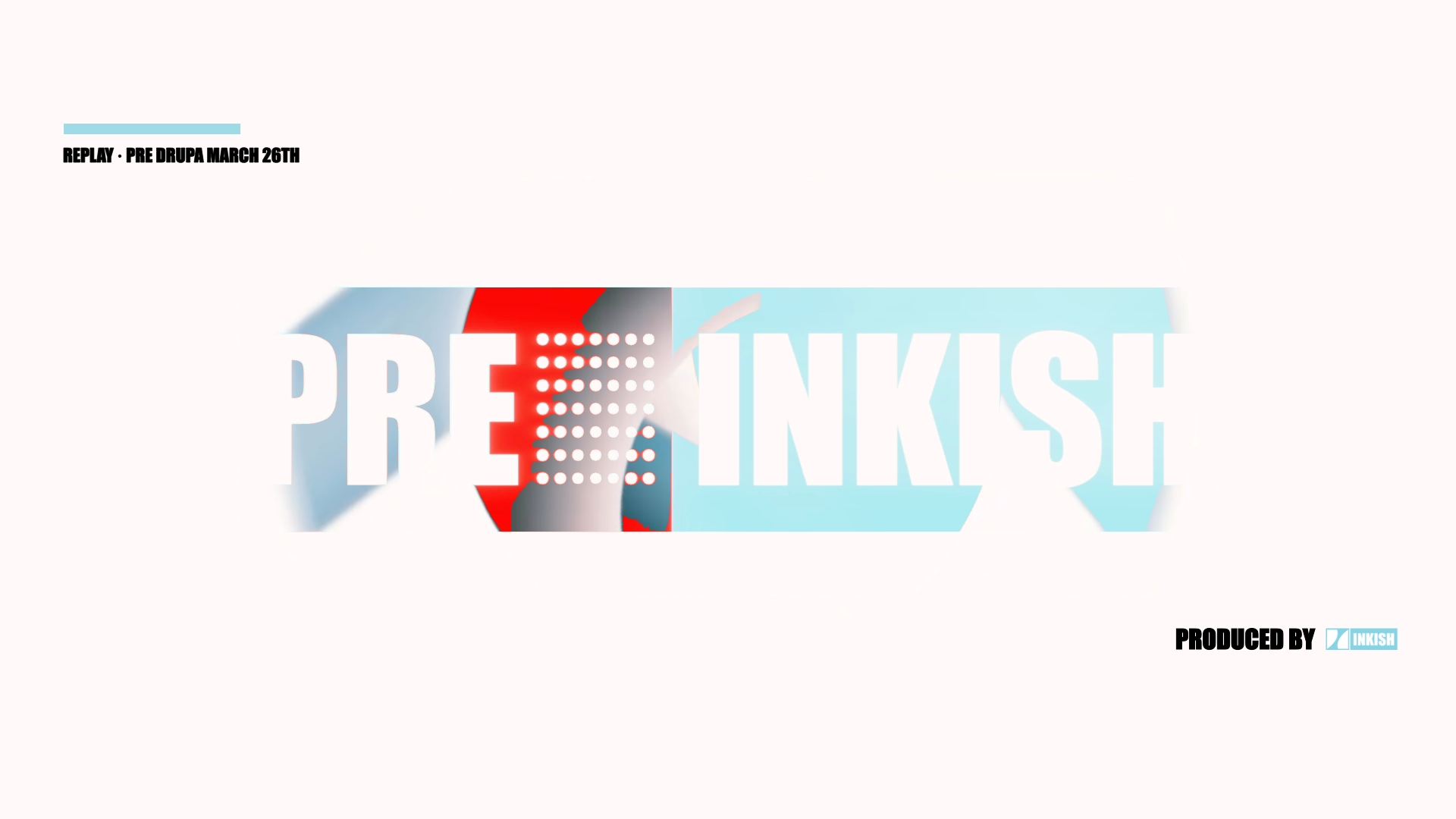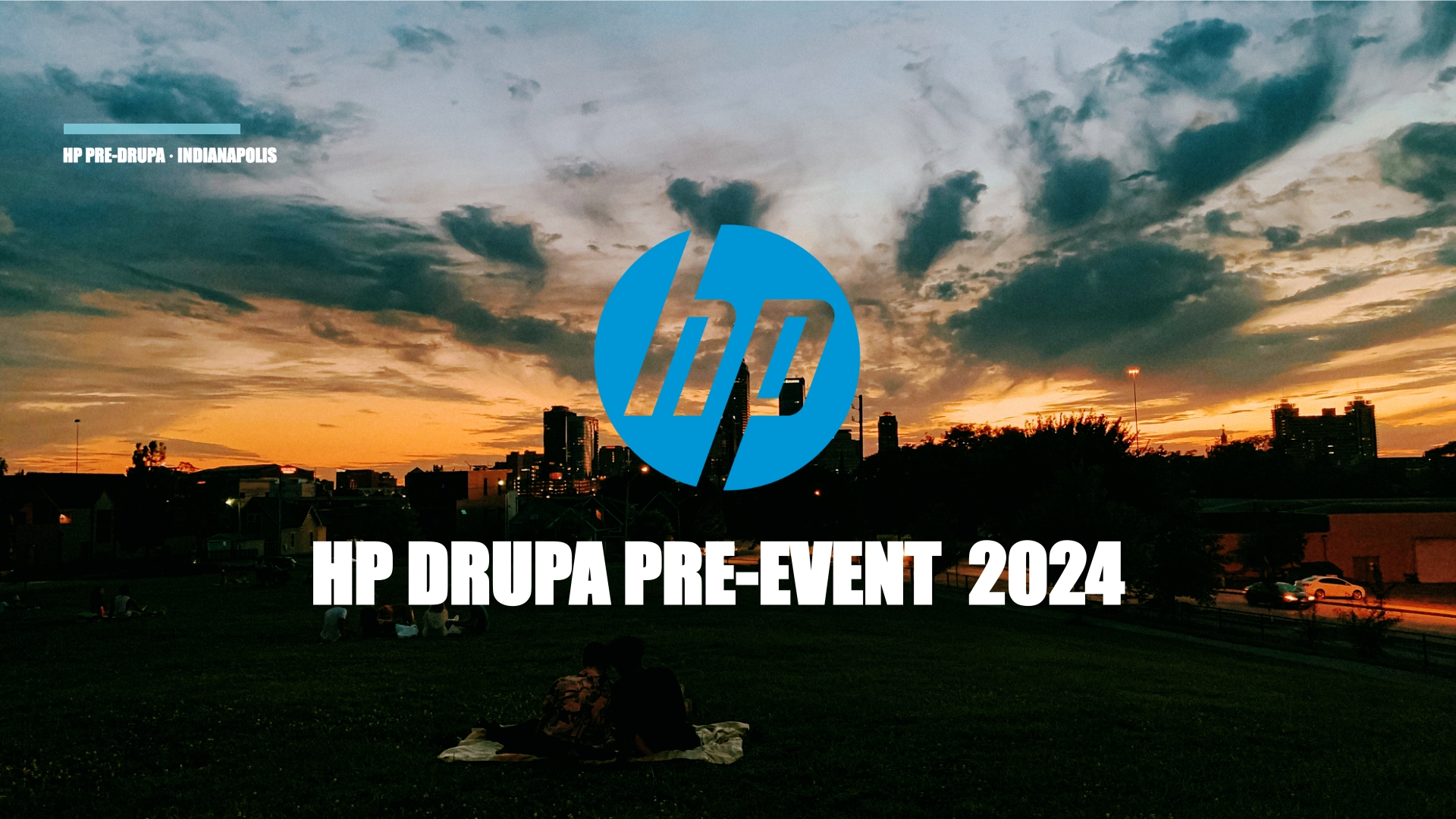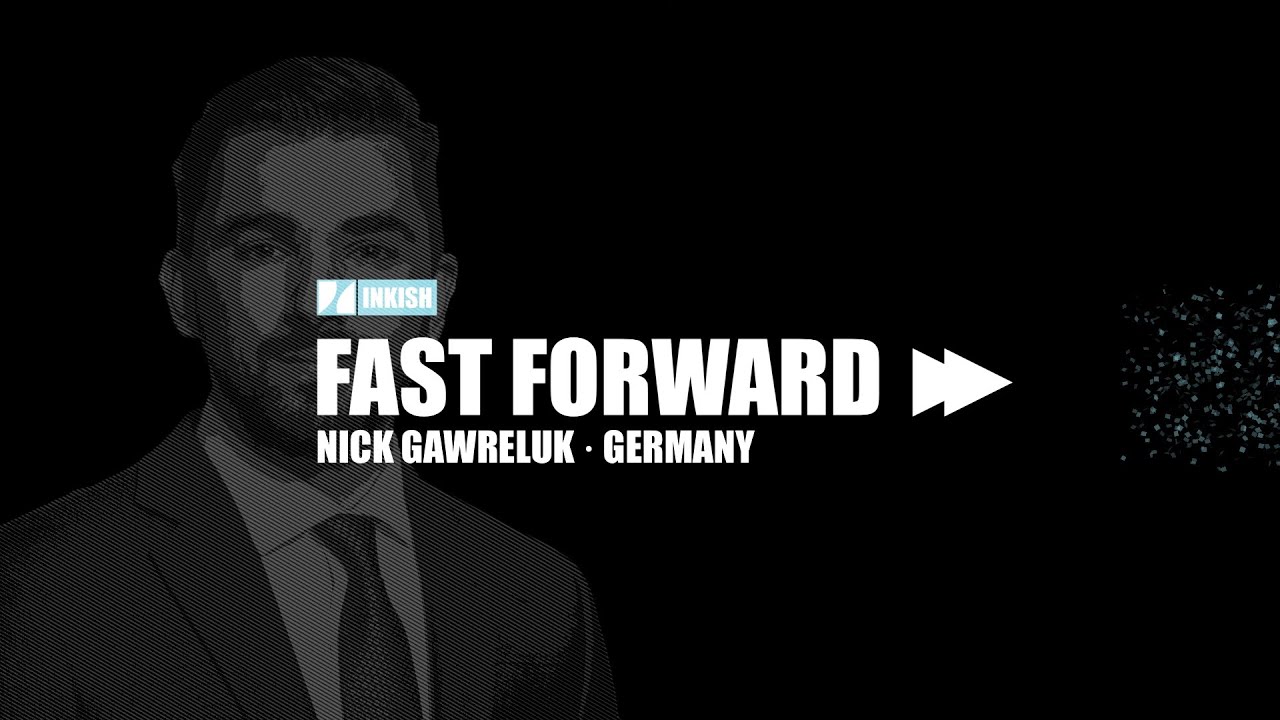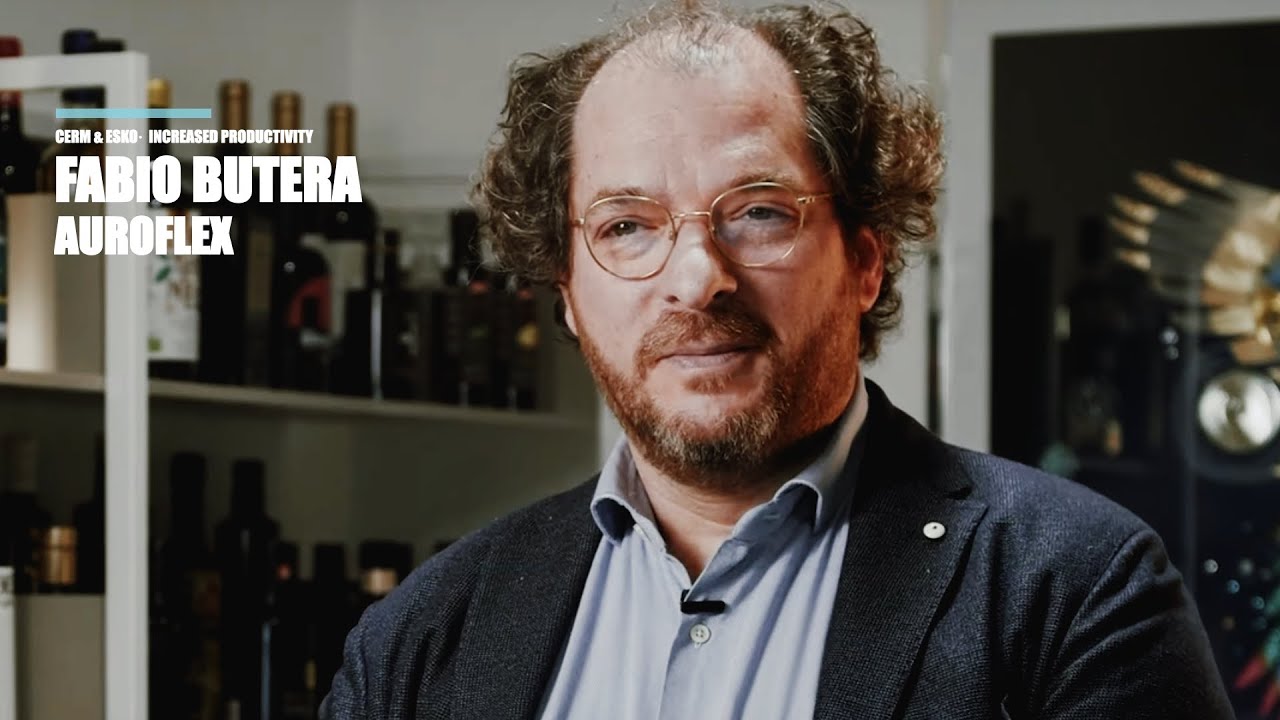Nick Gawreluk · Fast Forward · Mavericks · Scholarship Foundation · MBA · NYC
That photo represents to me the Mavericks. The outlaws. The entrepreneurs in the printing industry. That I have so much respect for. If you’re not already thinking in the future. I guarantee you there are companies who are doing that. If you subscribe monthly. That vendor has to deliver value to you each and every month. Disruption is something that’s natural in business. And I think it’s something that should be sought after and encouraged. There’s a gentleman who’s the CEO of a company called Zuora. His name is Tien Tzuo. And he wrote basically the authority on subscription economy. And it’s called ‘Subscribed’. And that for me has been so inspiring. You know, not only for my position in the printing industry. But just someone who’s a fan of business. It’s so nice to know that during these times of challenges that there exists scholarship foundations like PGSF. In particular, one that’s able to help provide over half a million dollars a year. And support hundreds of students. It Is so critical that the industry has that type of support. And I would just encourage anyone listening to this, you know, whether it’s monetary donation or mentorship. We all play an important part in helping support the future of the industry. That is from the Frankfurt School of Finance and Management. And it’s the part time MBA program that I’m involved in. And you might find yourself sitting next to a commercial airline pilot, a medical doctor or a McKinsey consultant or even a guy from the printing industry. That picture of New York City back in the day represents, to me, challenging the status quo. Why I chose that photo is because I’m just in love with the companies who come up with disruptive business models. And fundamentally change the way people look at an industry. And the way that the interact with the products. I never would have thought we’d see the day. But things like, for example, an ecosystem… It fundamentally changes the way printers, suppliers and end consumers, all those traditional relationships, how they interact. And not to accept something just because that’s the way that it’s always been.


















No Data Found.
Content for this section will appear here once available


